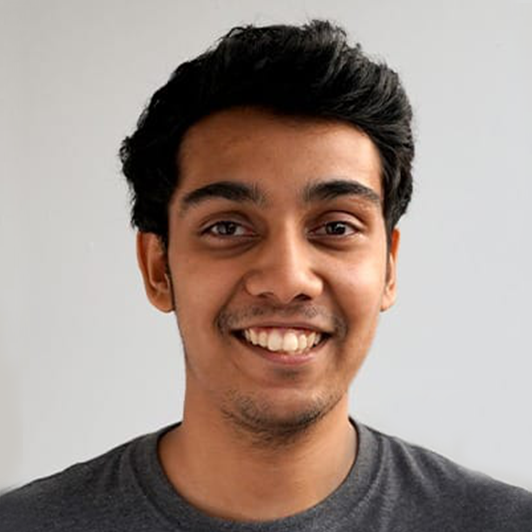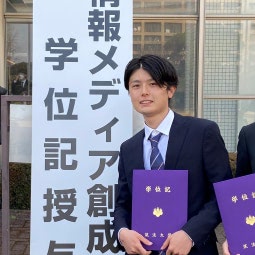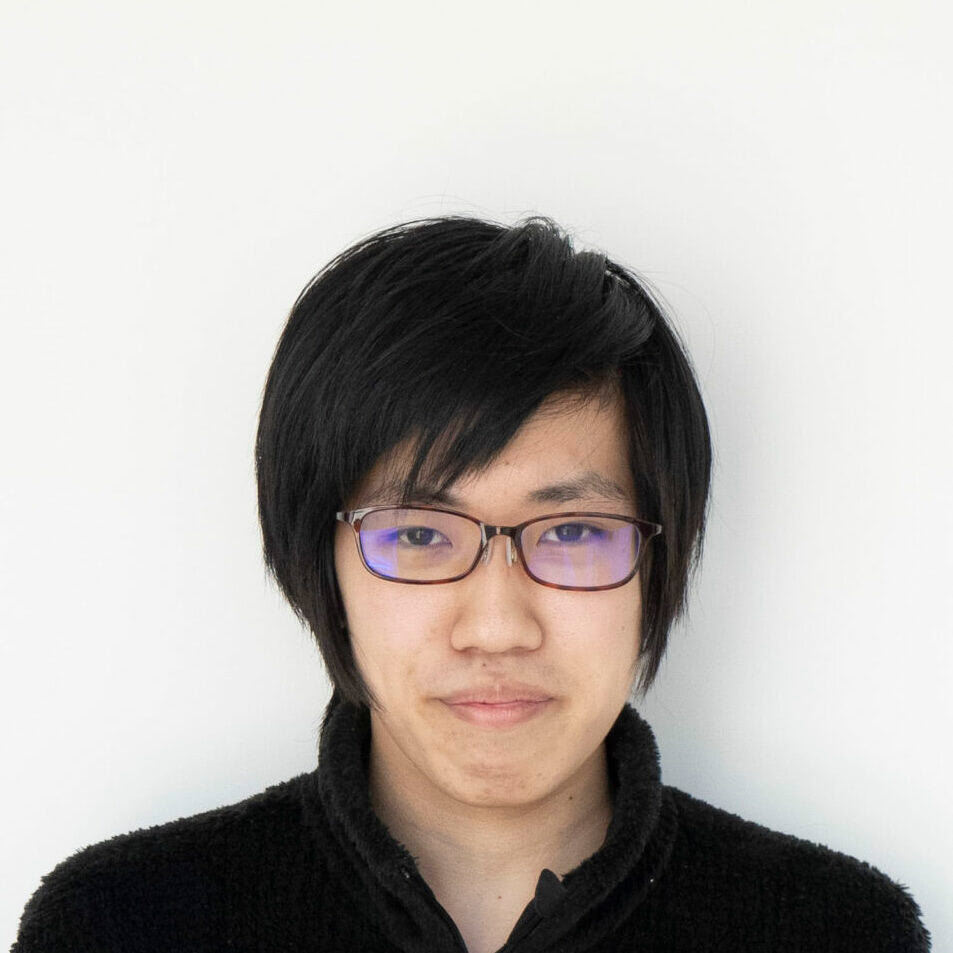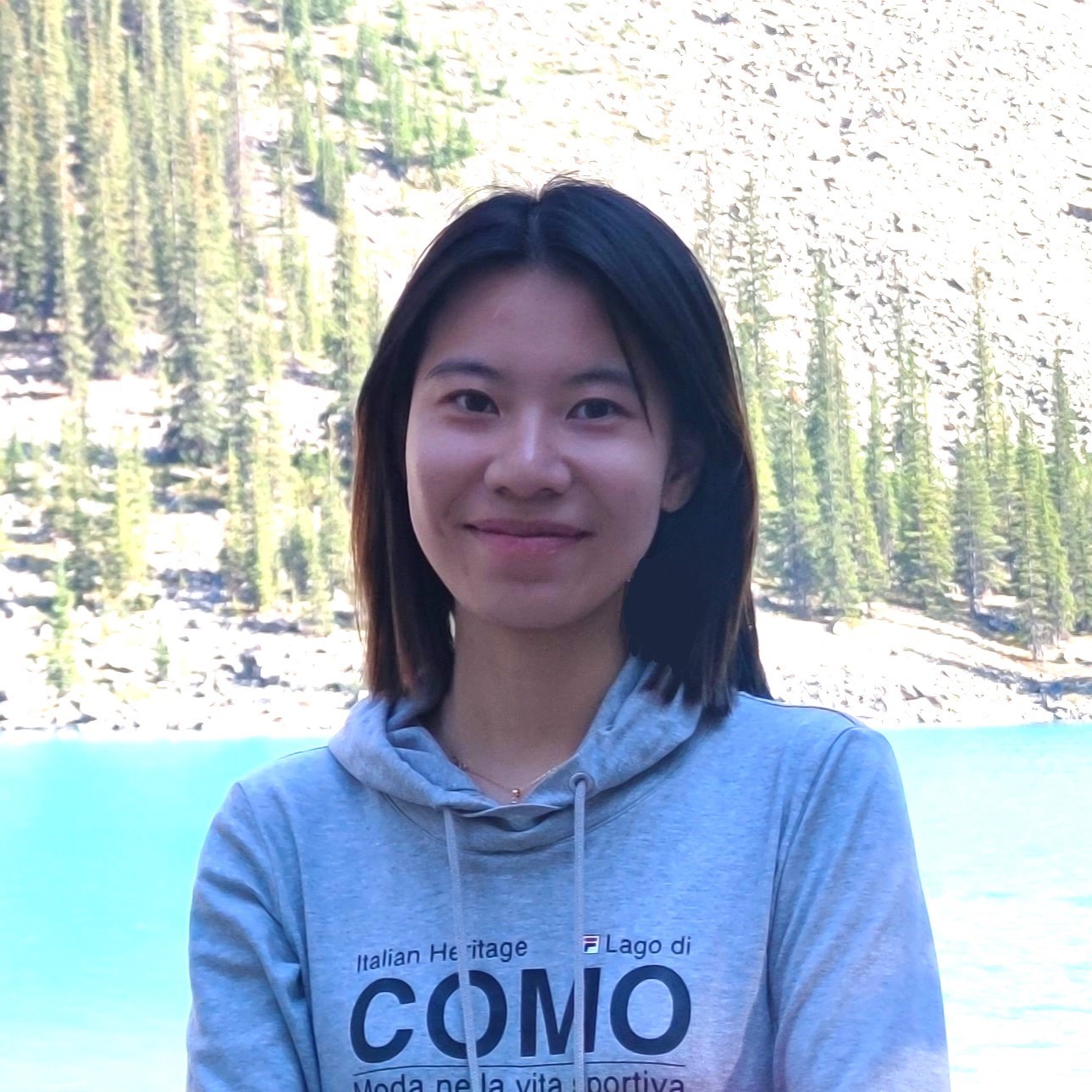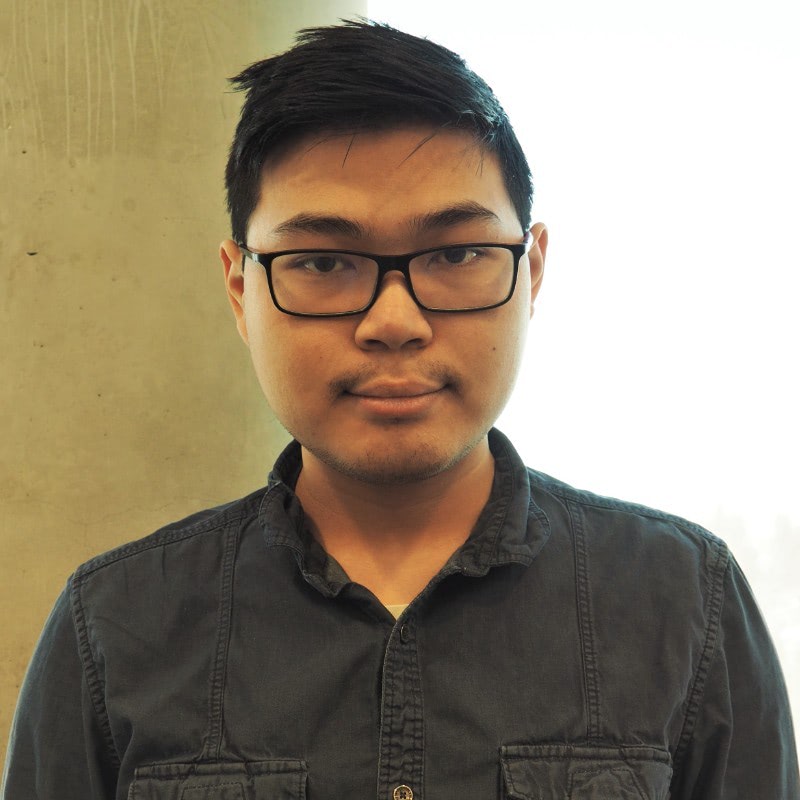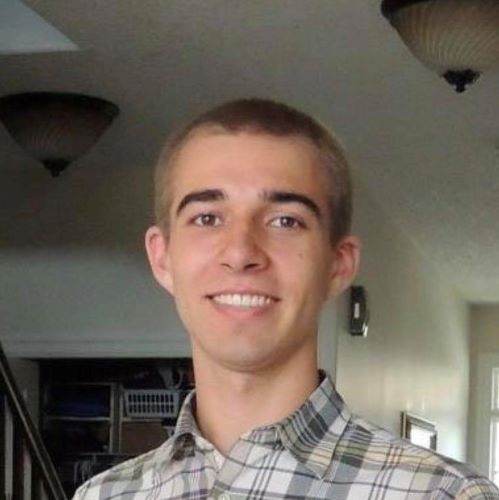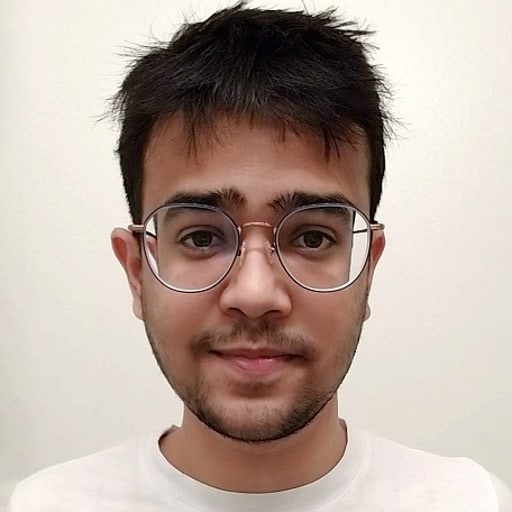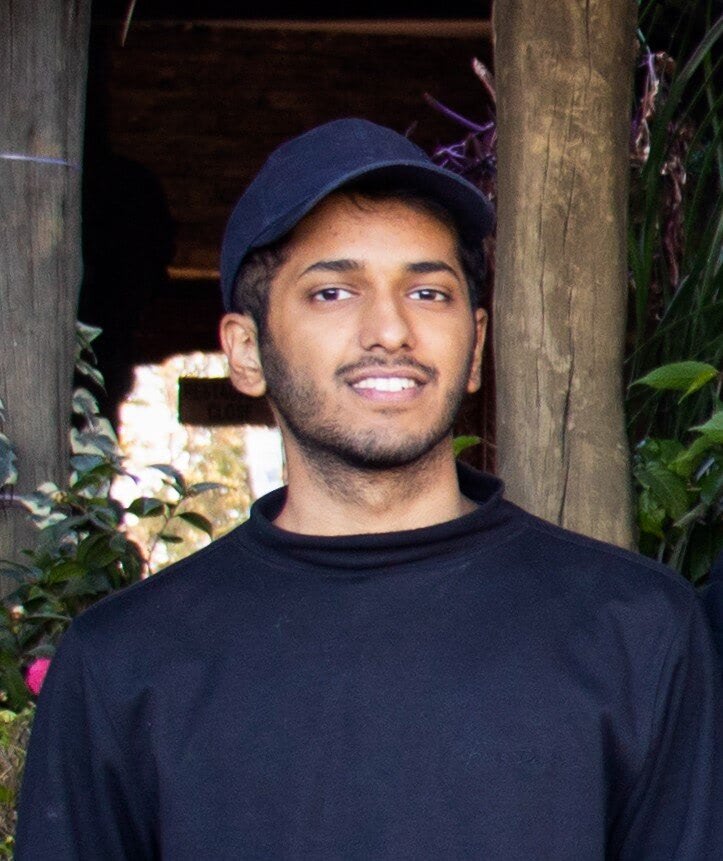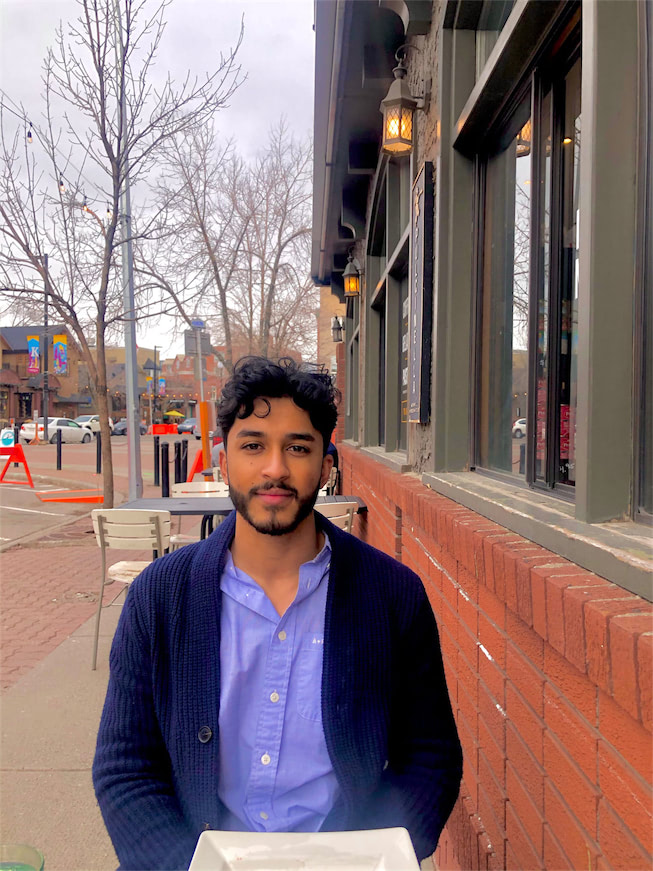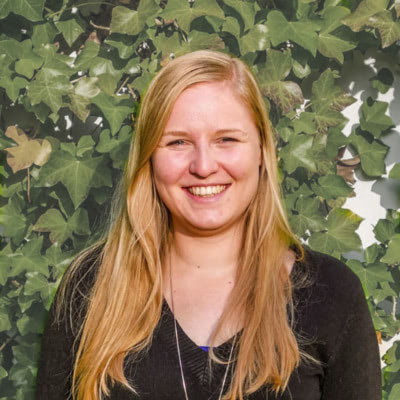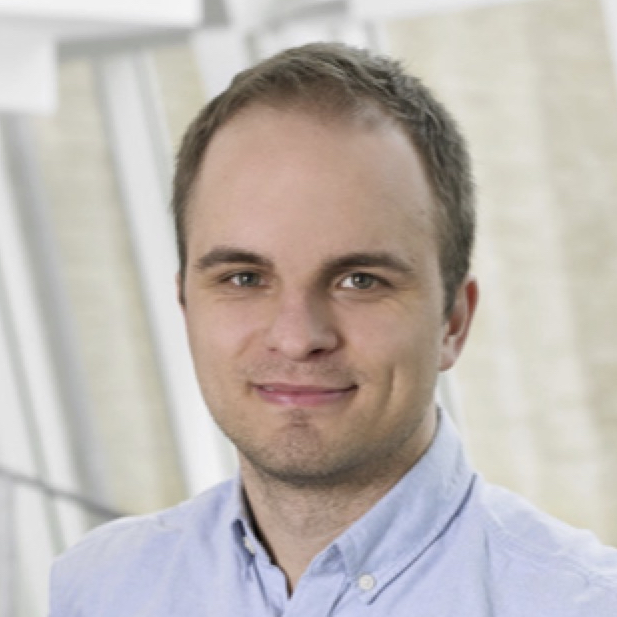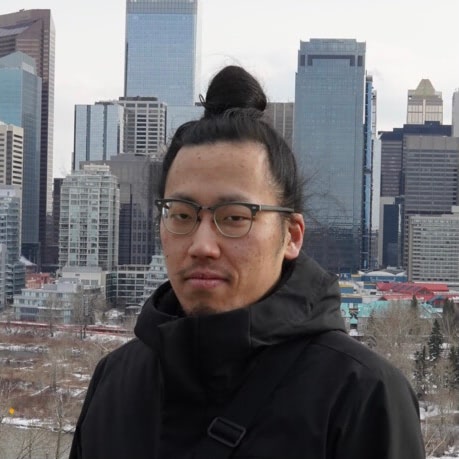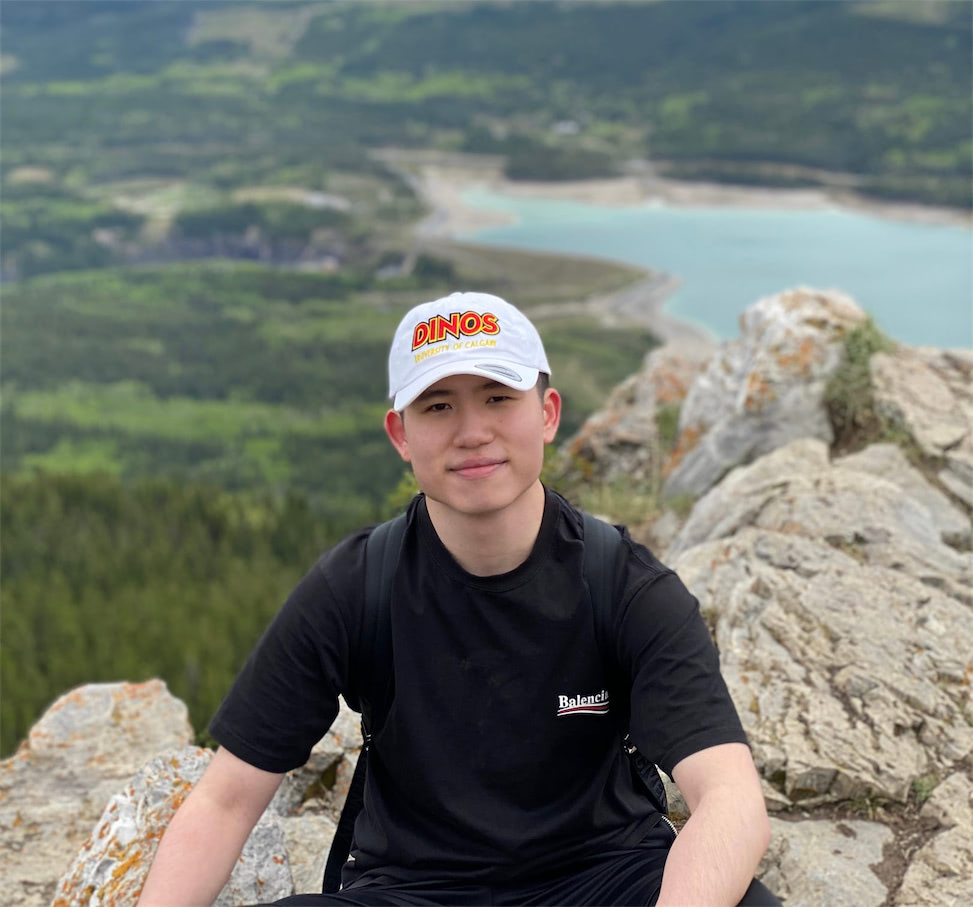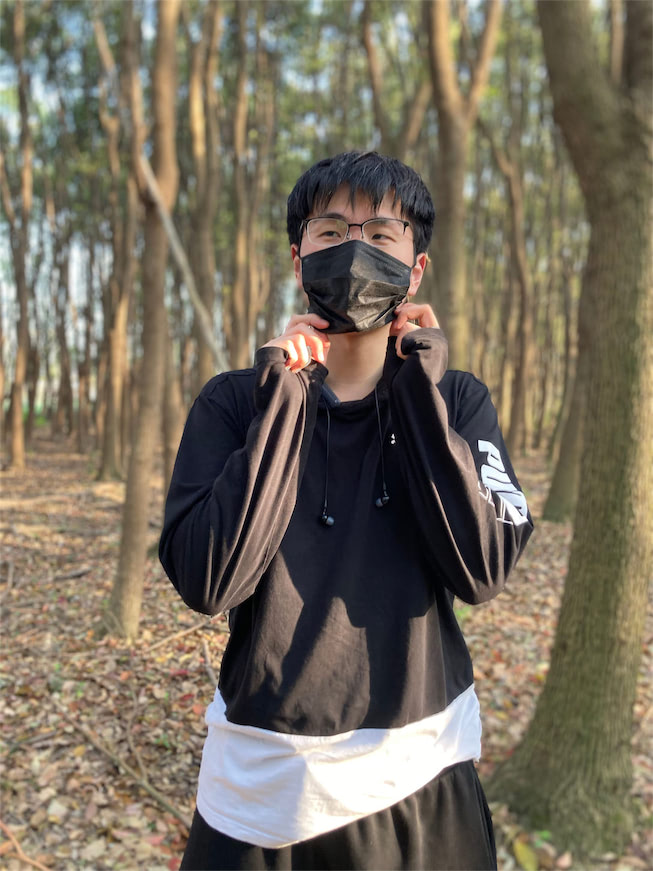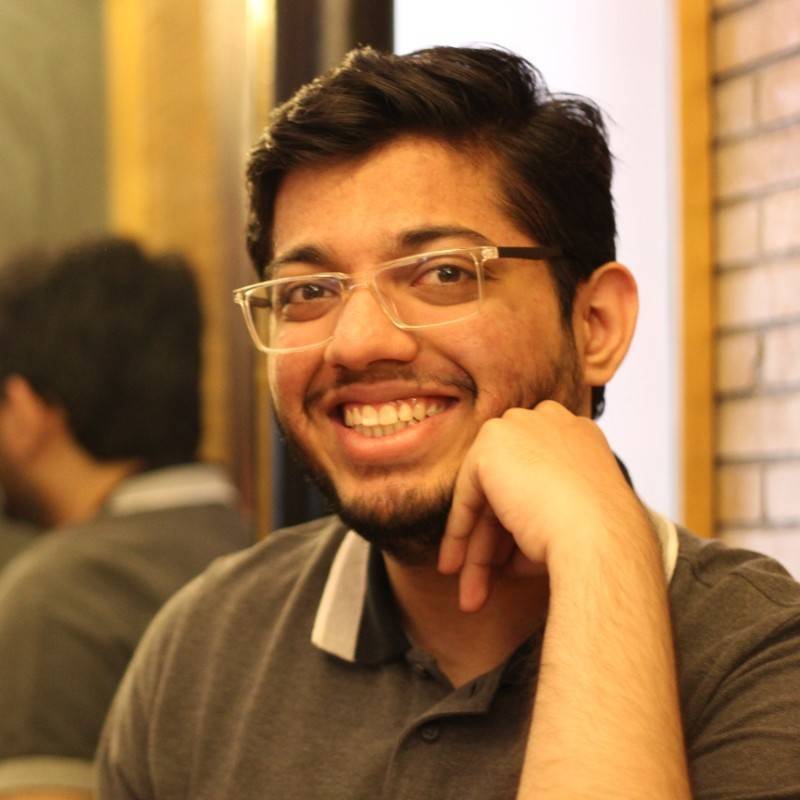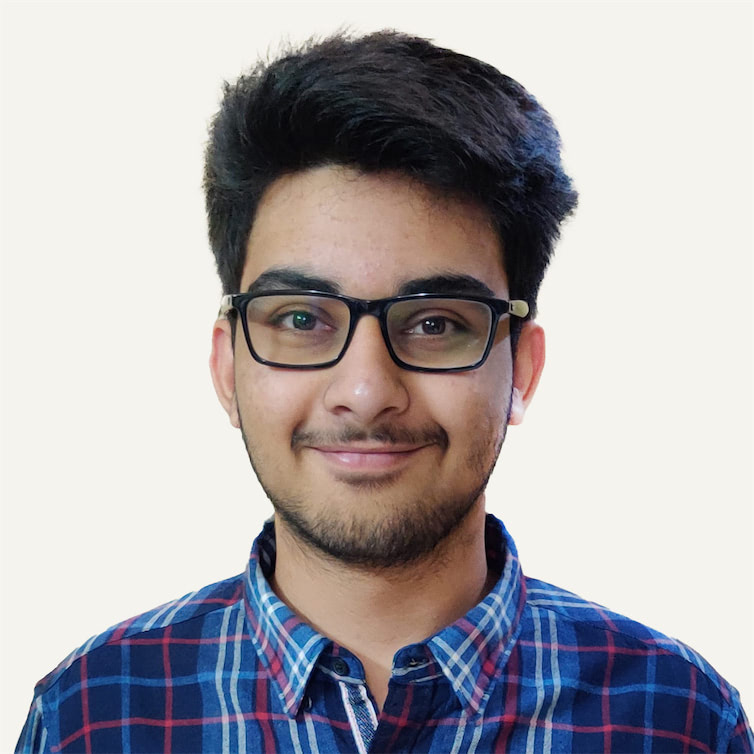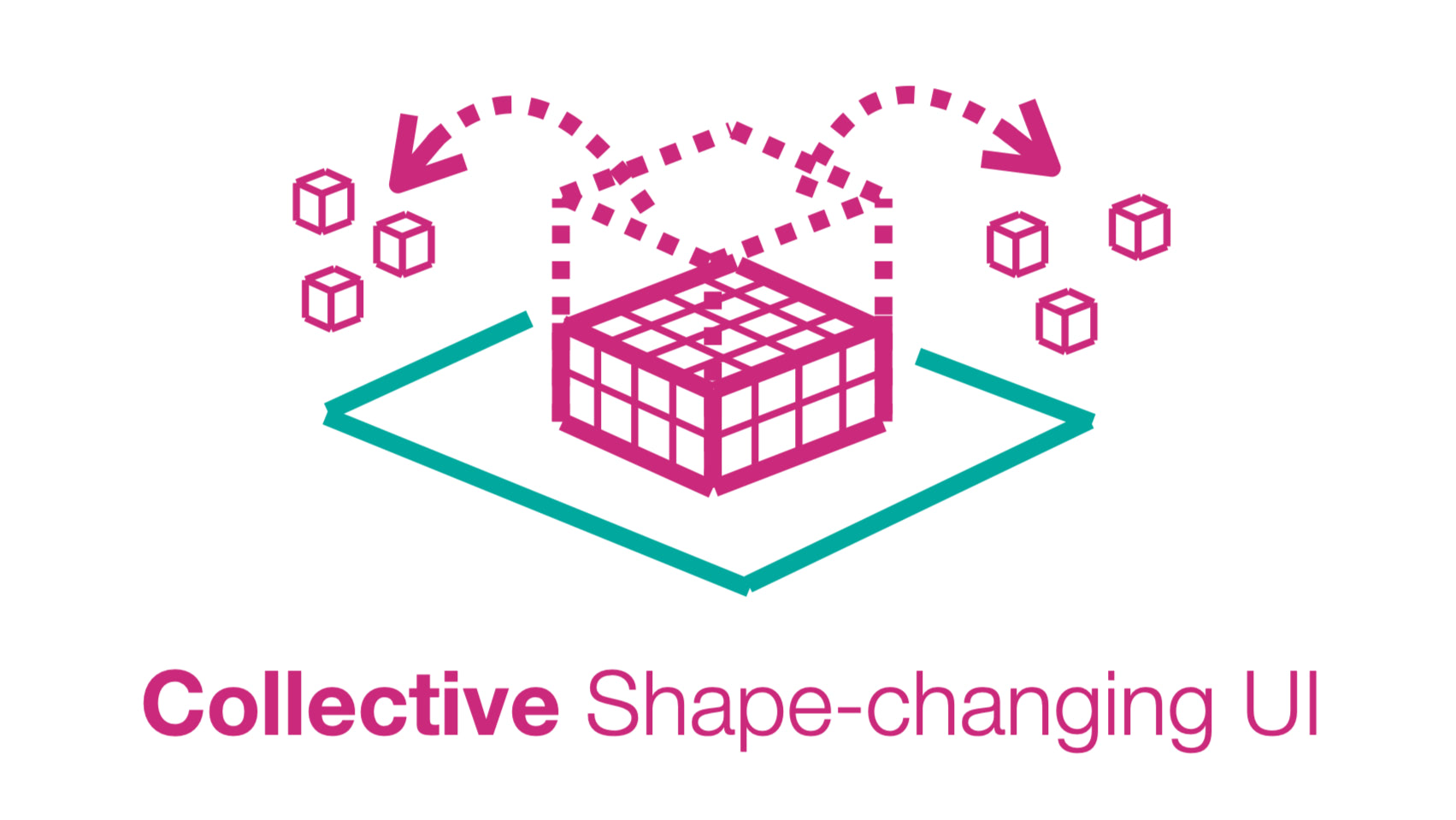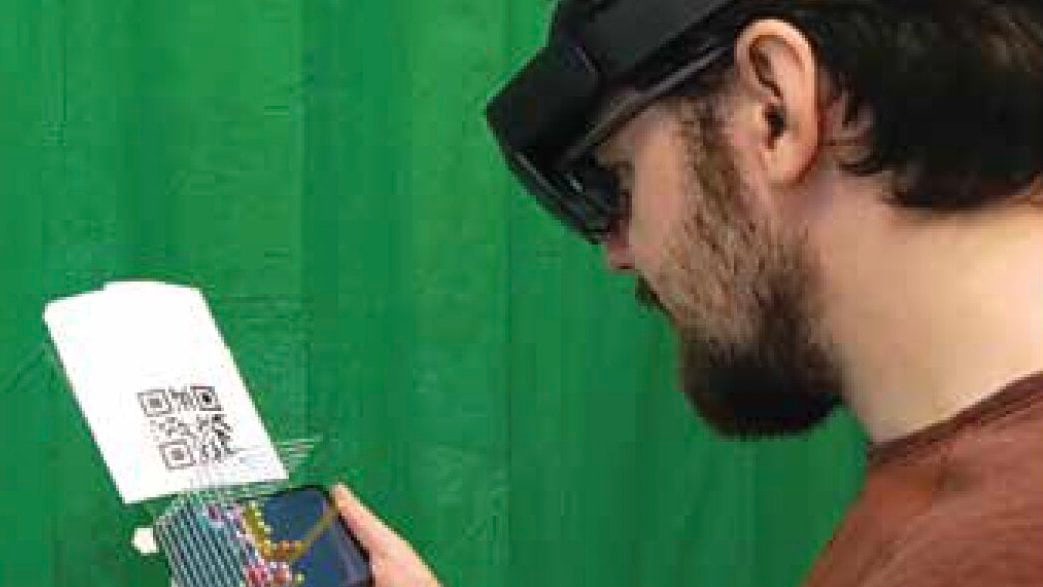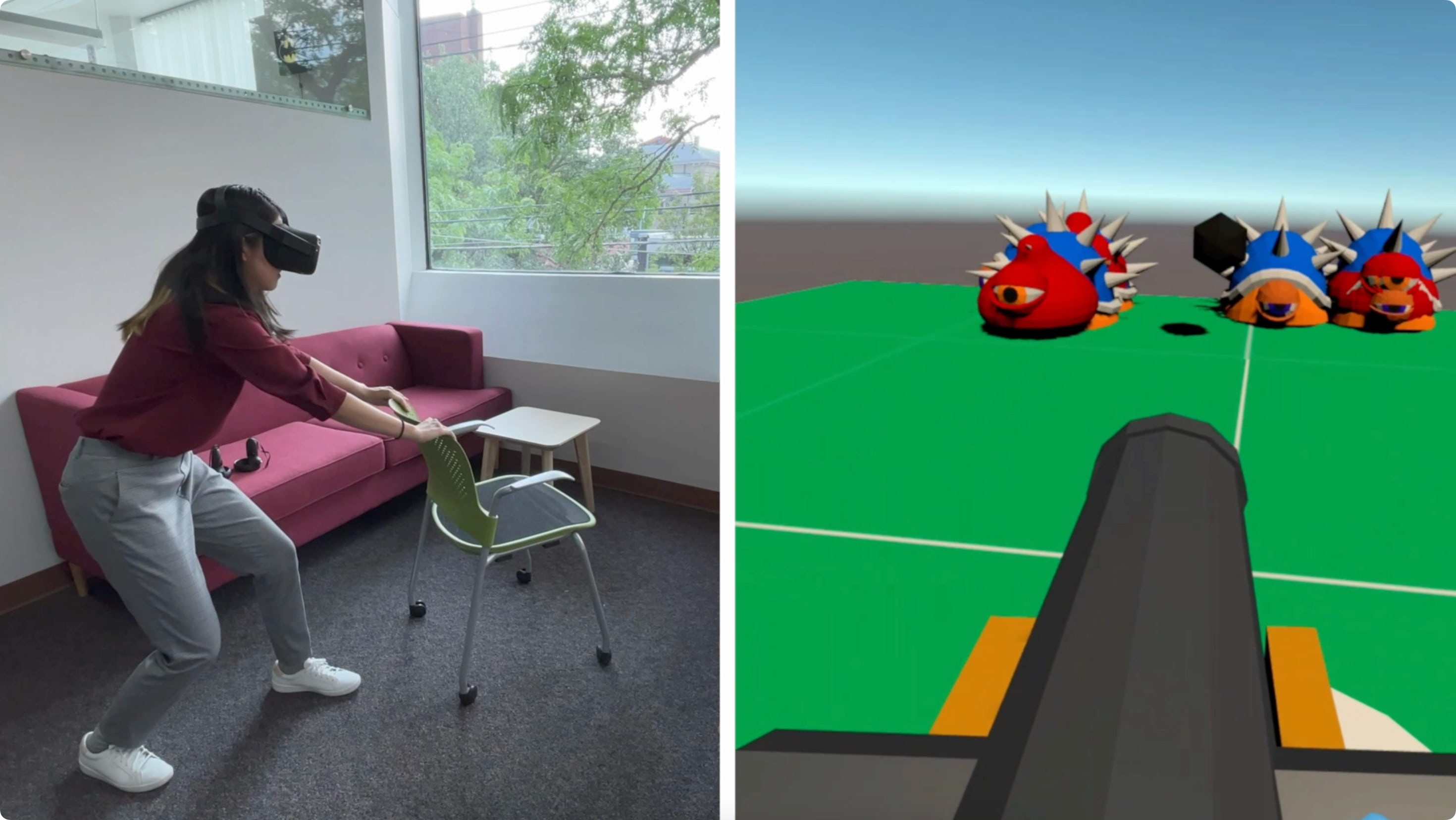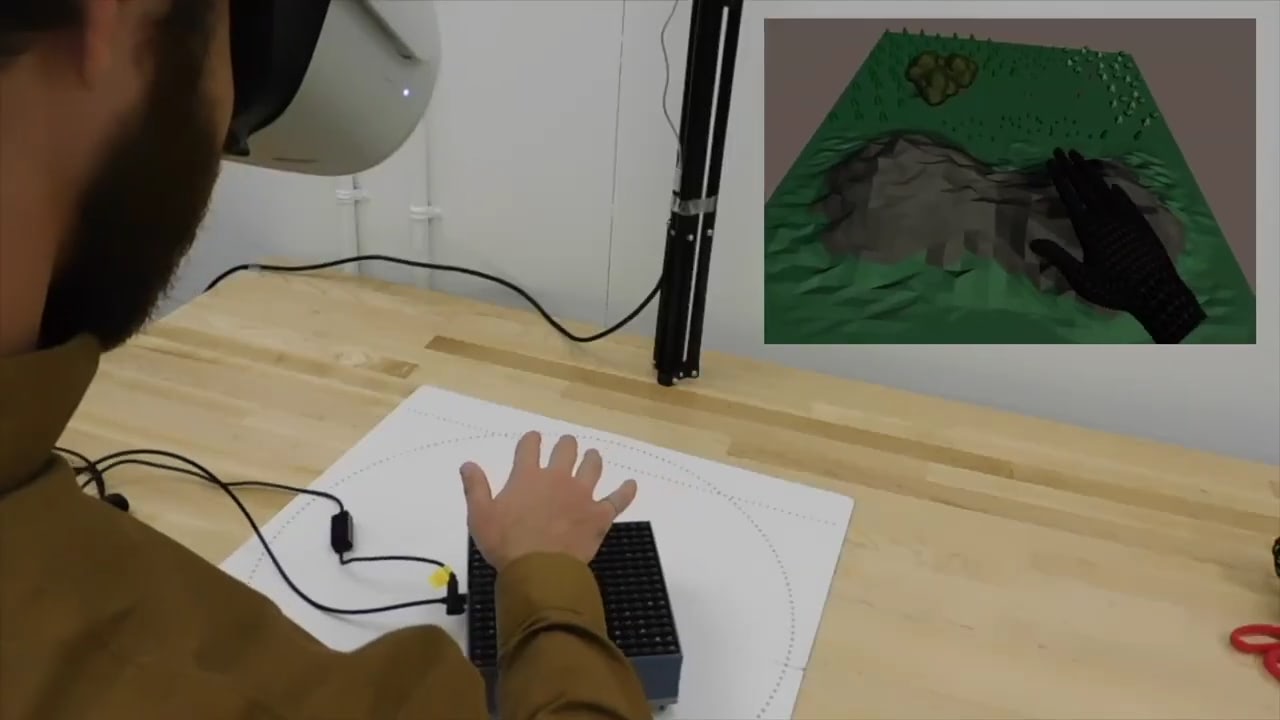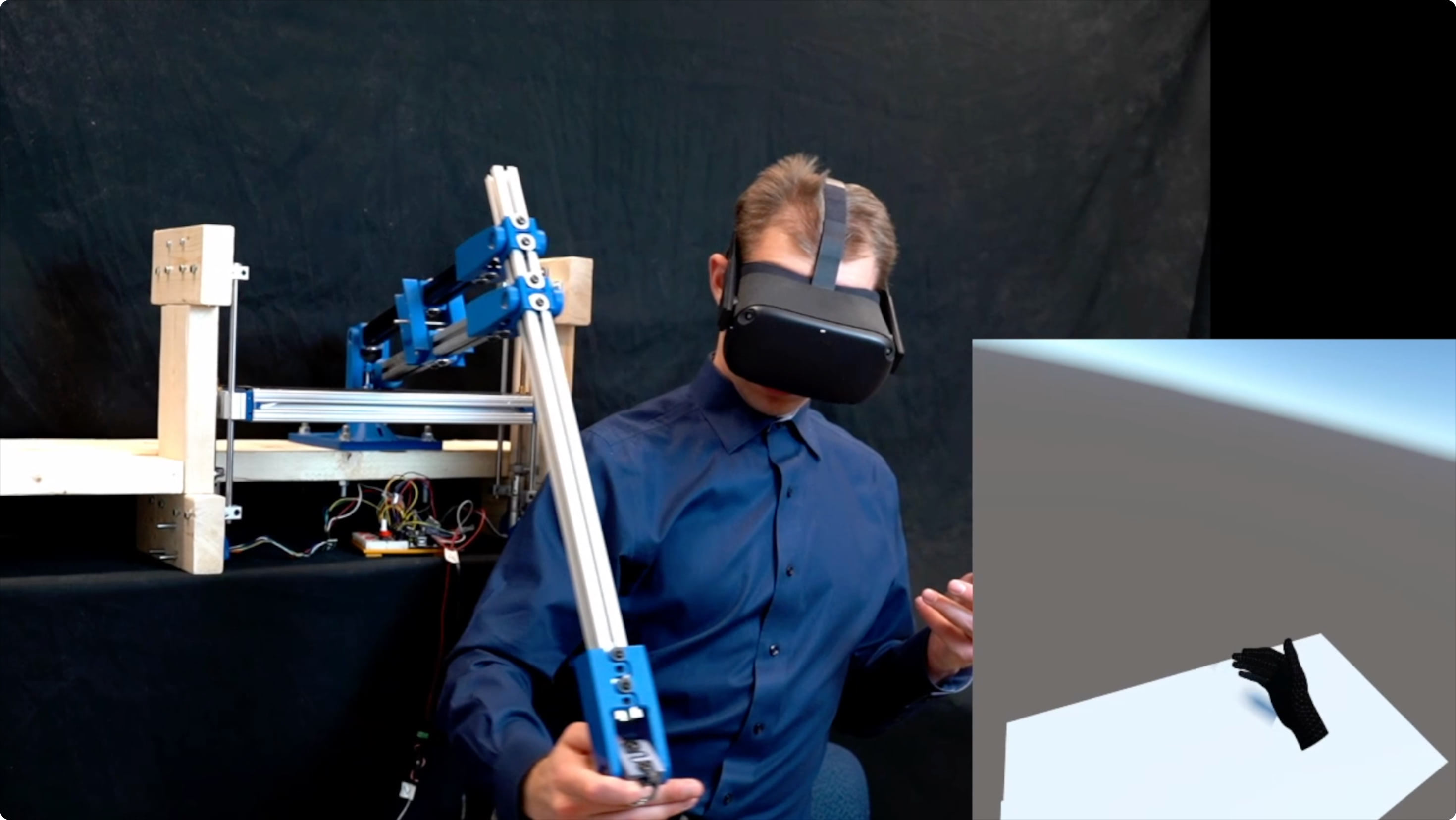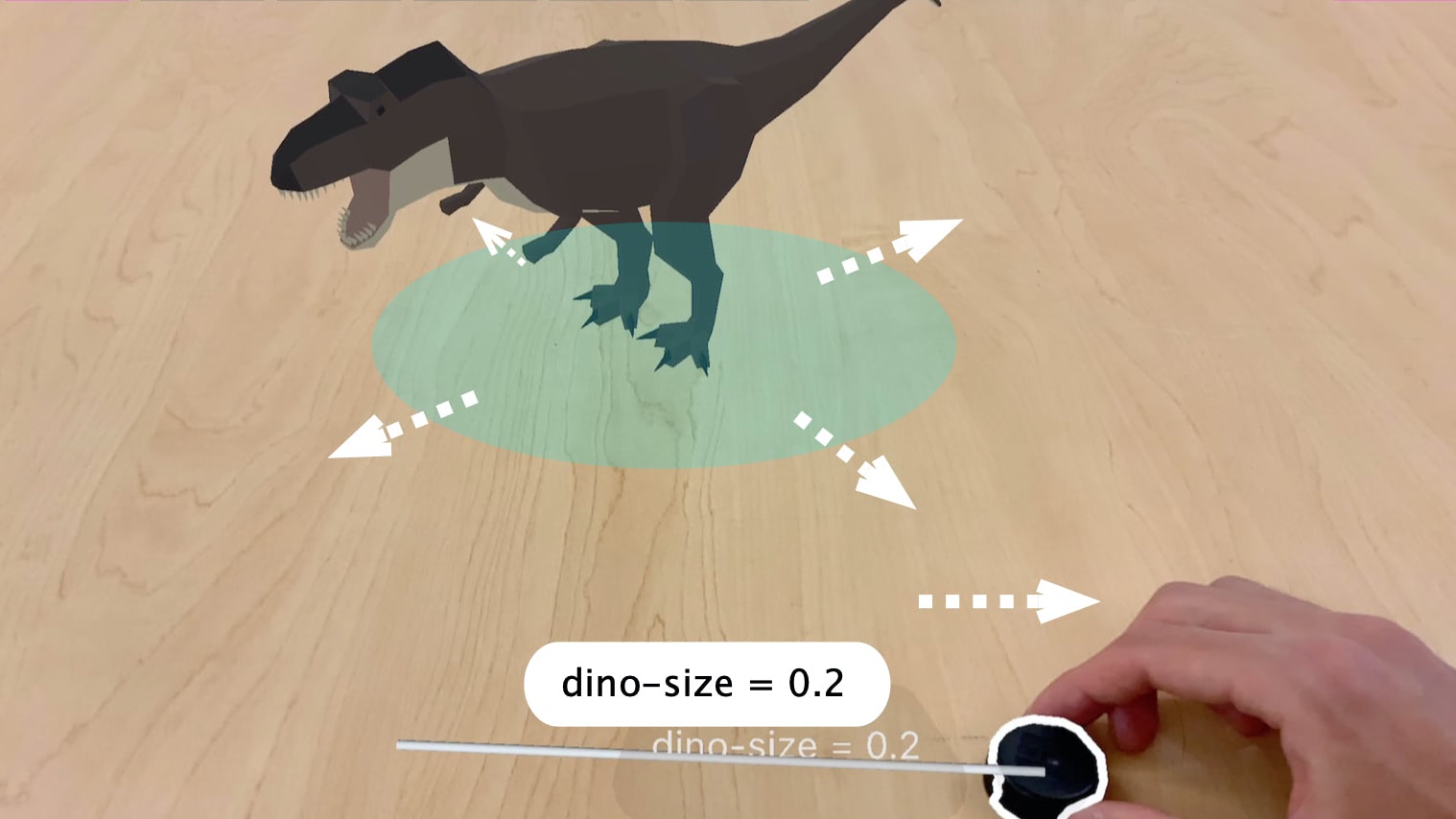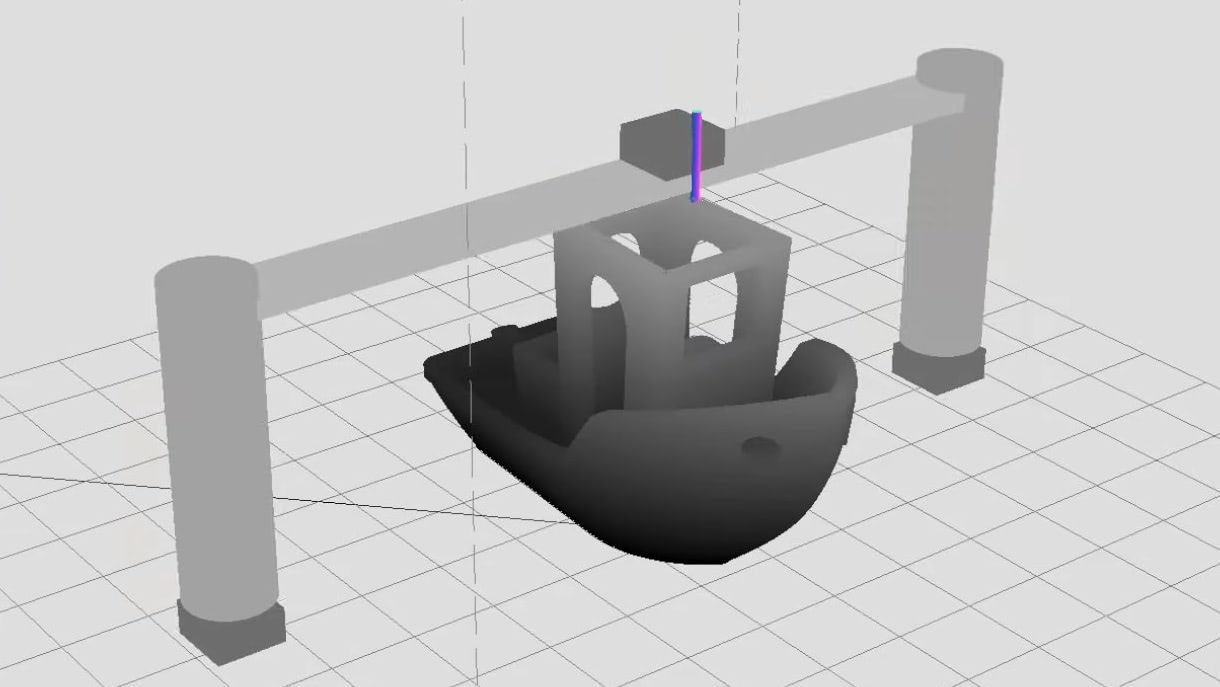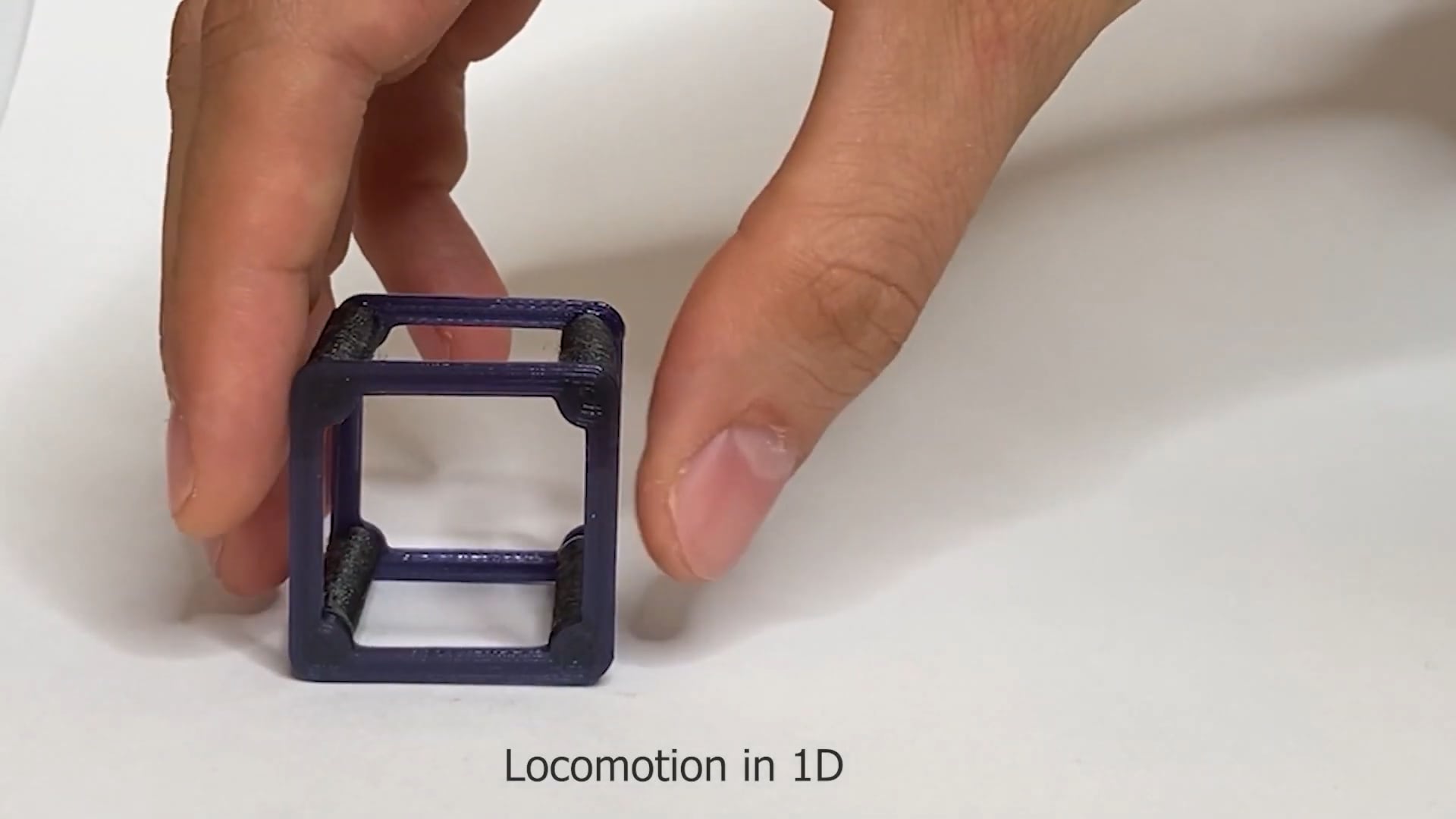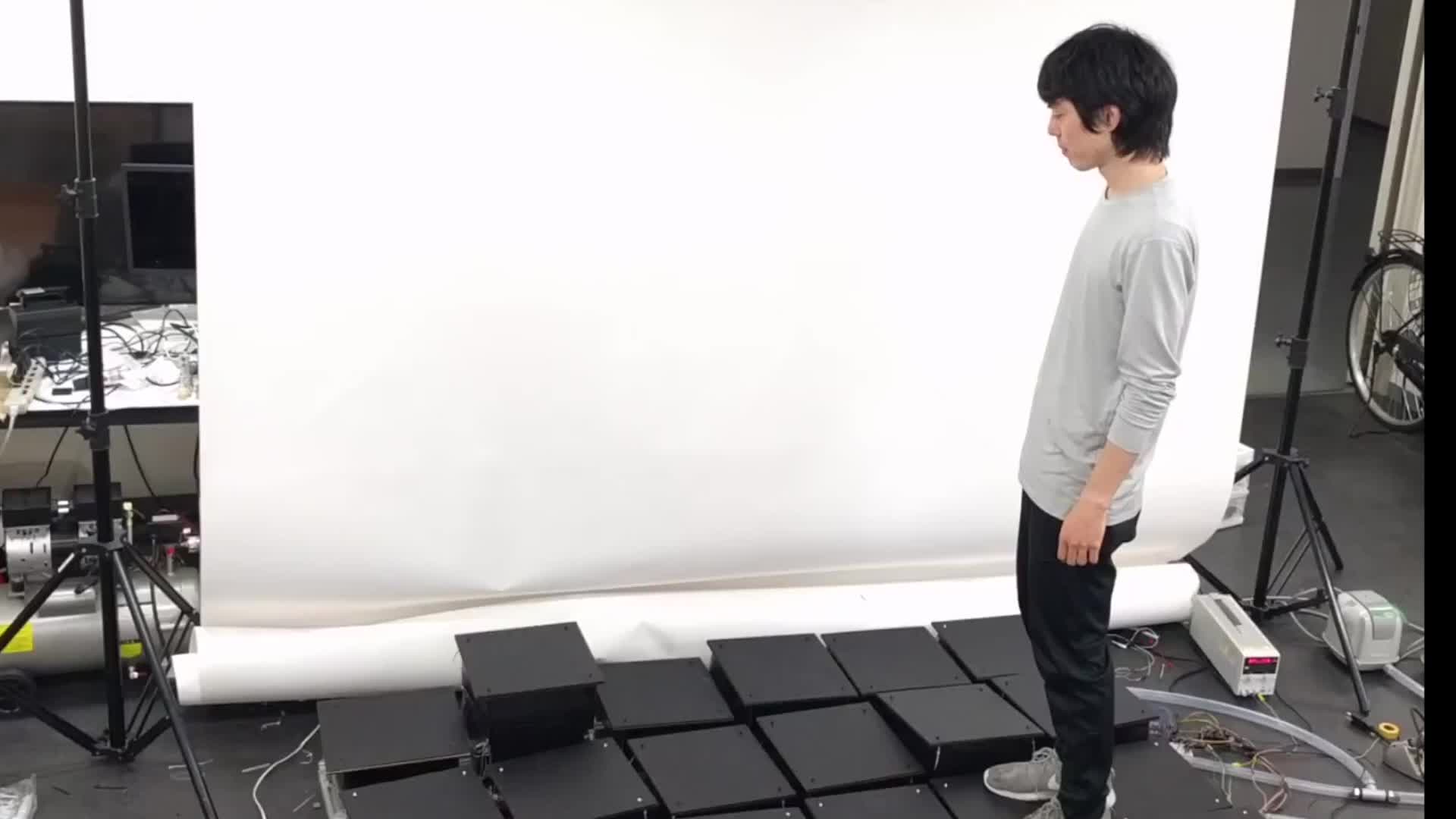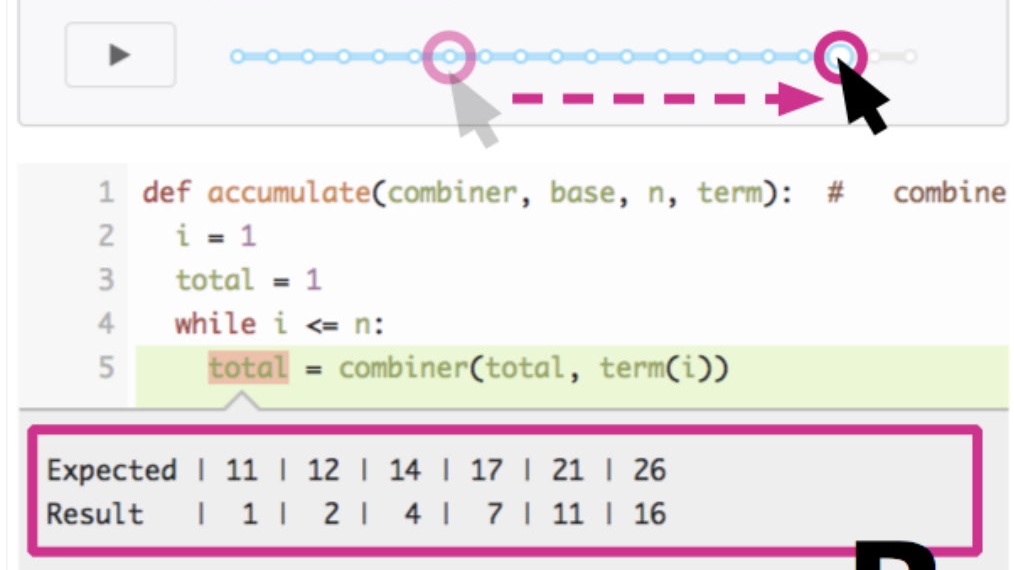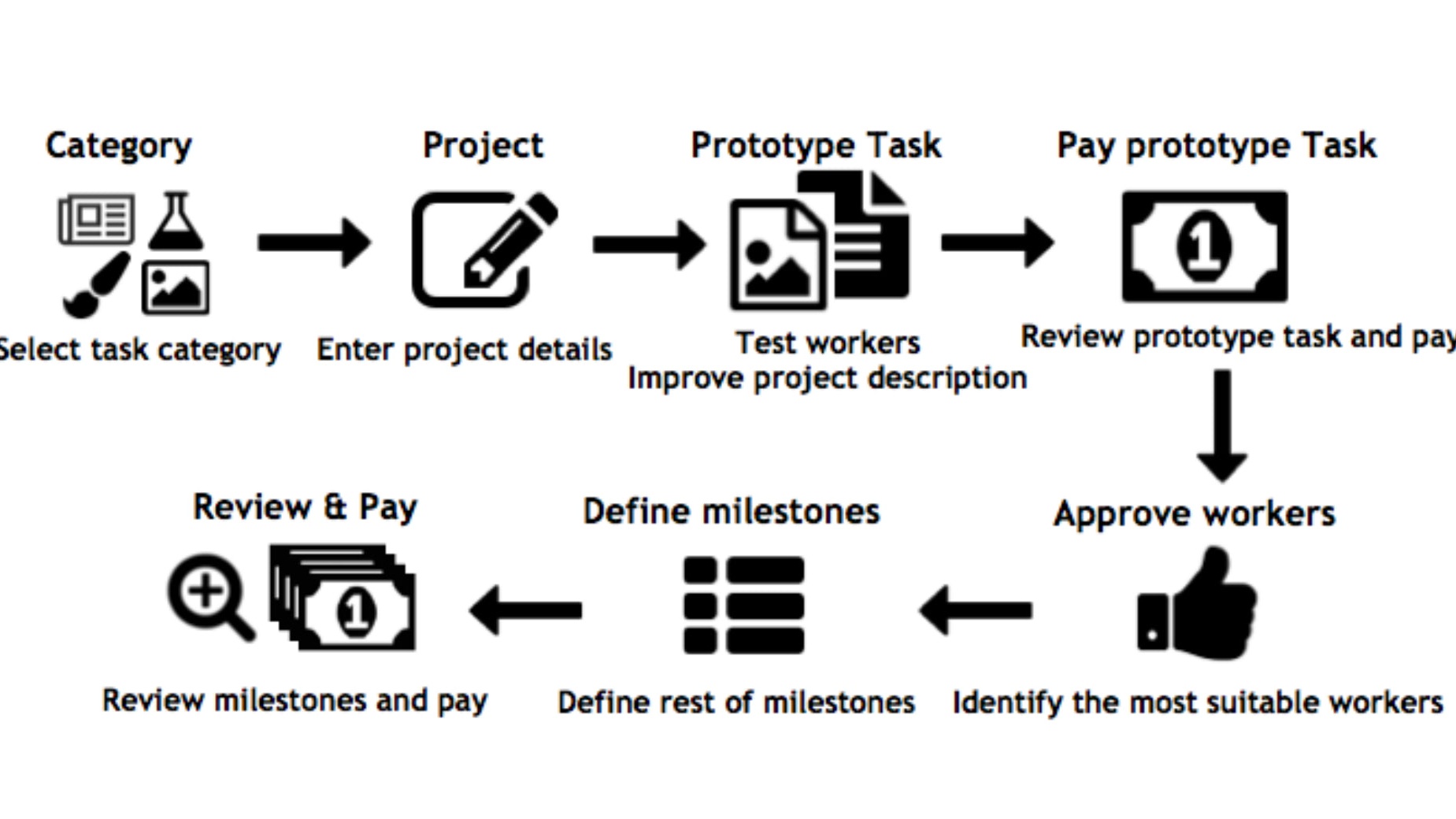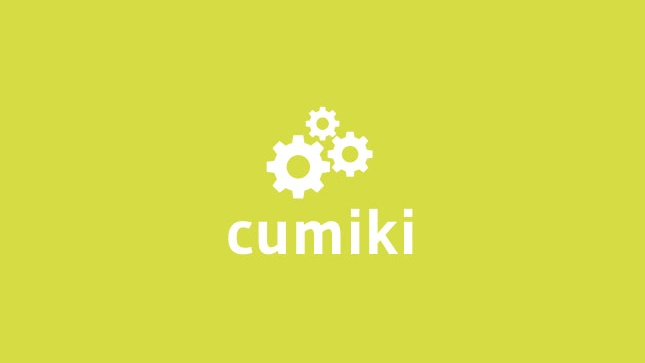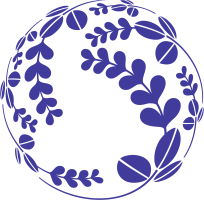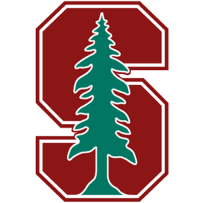 Ryo SuzukiUniversity of Colorado Boulder, Assistant Professor of ATLAS and Computer Science
Ryo SuzukiUniversity of Colorado Boulder, Assistant Professor of ATLAS and Computer Science
I am an Assistant Professor at the University of Colorado Boulder in the ATLAS Institute and Department of Computer Science.
My research interest lies on the intersection at Human-Computer Interaction (HCI). I direct Programmable Reality Lab at the University of Calgary, where we try to blend digital and physical worlds by exploring novel interactions for AR/VR, Tangible UI, and AI.
I am looking for prospective PhD students across disciplines, including computer science, industrial design, mechanical engineering, material science, electrical engineering, and architectural design. If you are interested, please feel free to send me an email.
Previously, I was an Assistant Professor at the University of Calgary. Before that I was a PhD student at the CU Boulder, advised by Daniel Leithinger and Mark D. Gross in THING Lab and Human-Computer Interaction Group
From Tools for Thought to Space for Thought
Mission
Augment Human Thought and Creativity
with the Power of AR and AI
by Transforming the Everyday Environment into a Dynamic Space for Thought
Computers are dynamic media. Much like writing systems, the printing press, and painting canvases, they empower and amplify human thought and creativity. This medium, however, is currently confined within the boundaries of flat rectangular screens, restricting our minds and creative potential to what can be done in this small space. Our goal is to redesign this medium to unlock the full potential of human capabilities, by transforming our world itself into a computational medium with the power of AR and AI.

Principles
Blended
Dynamic
Pervasive
Umbrella Themes
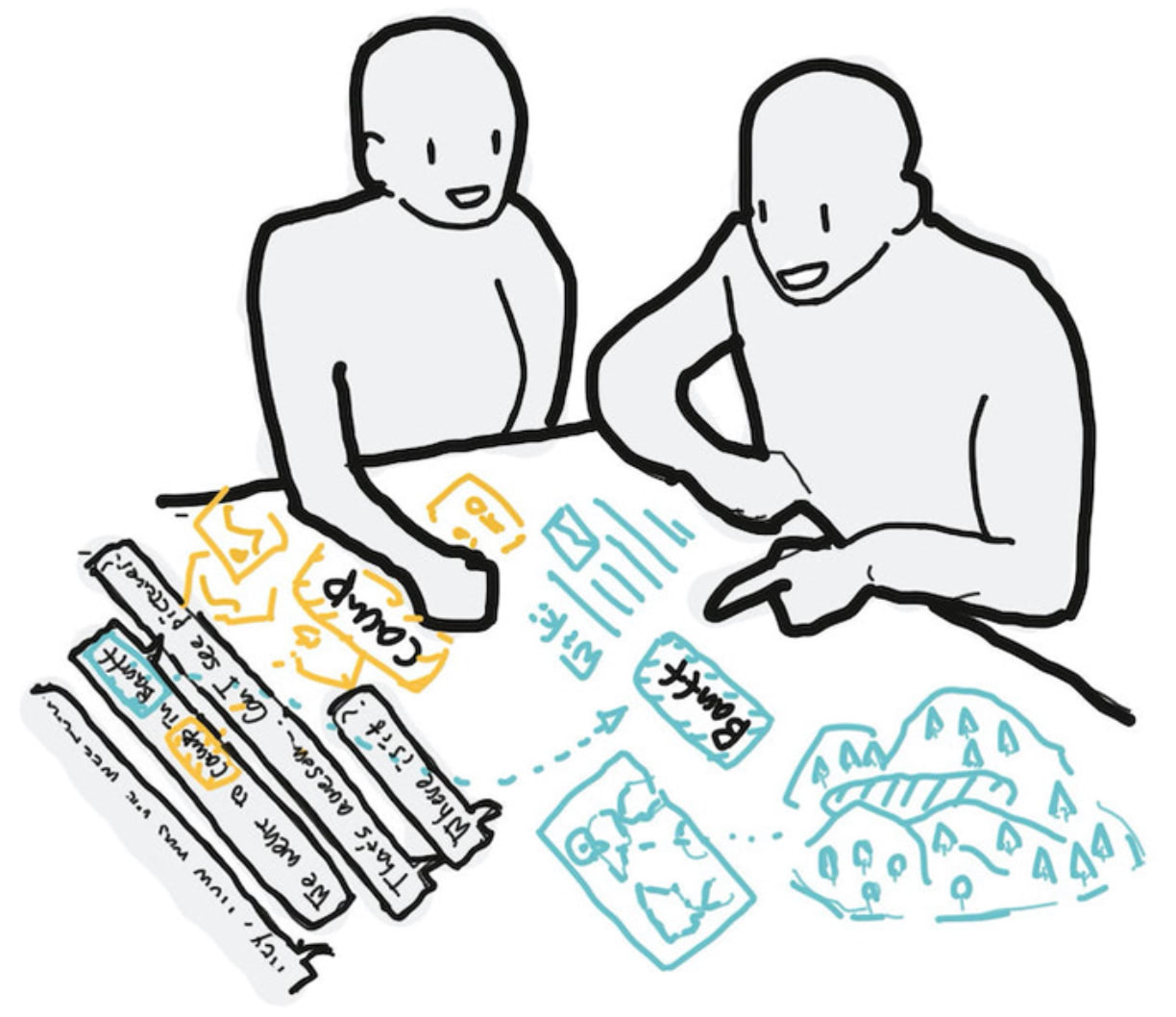
Augmented Languages
― Dynamic Media for ―
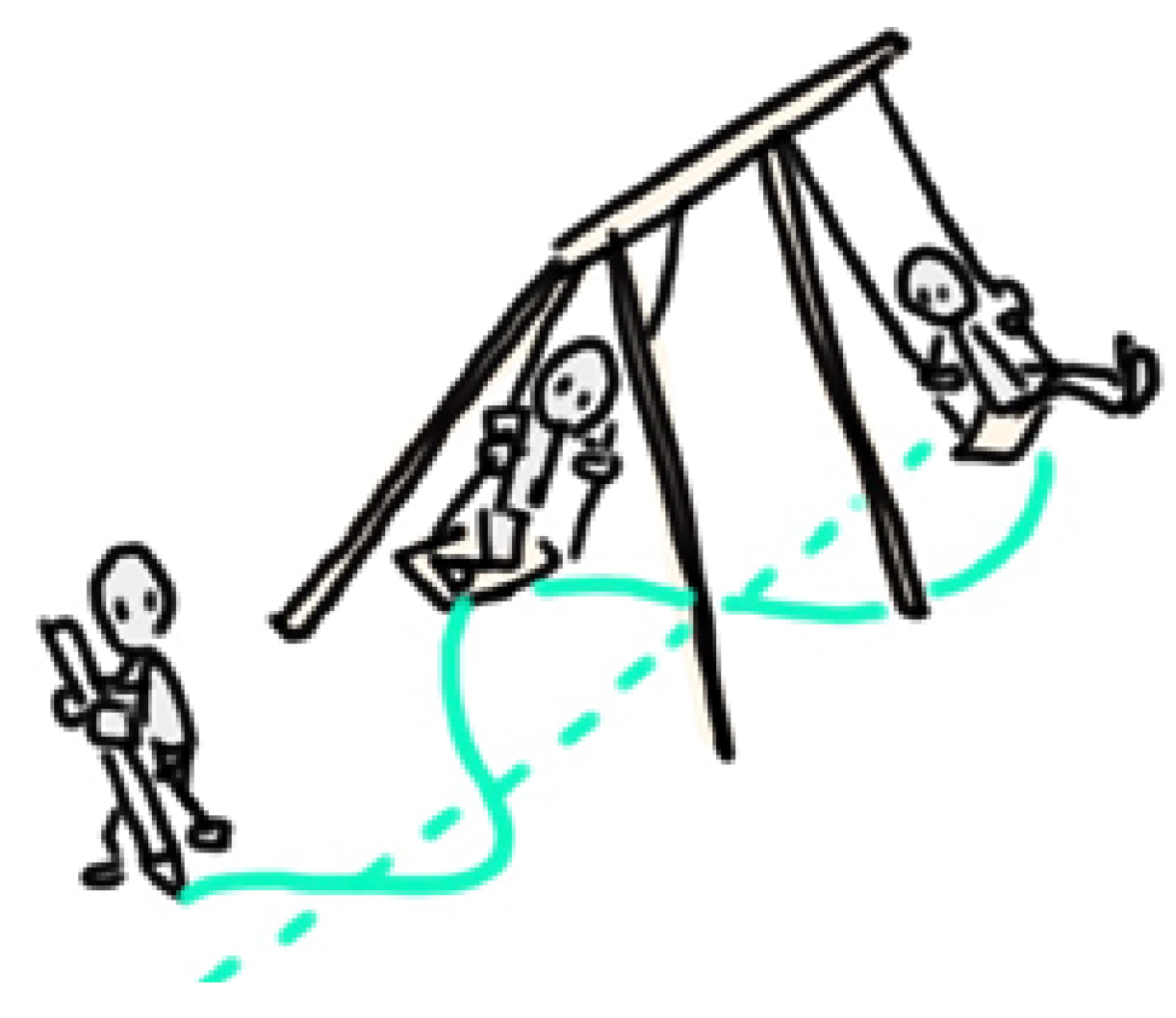
Explorable Environments
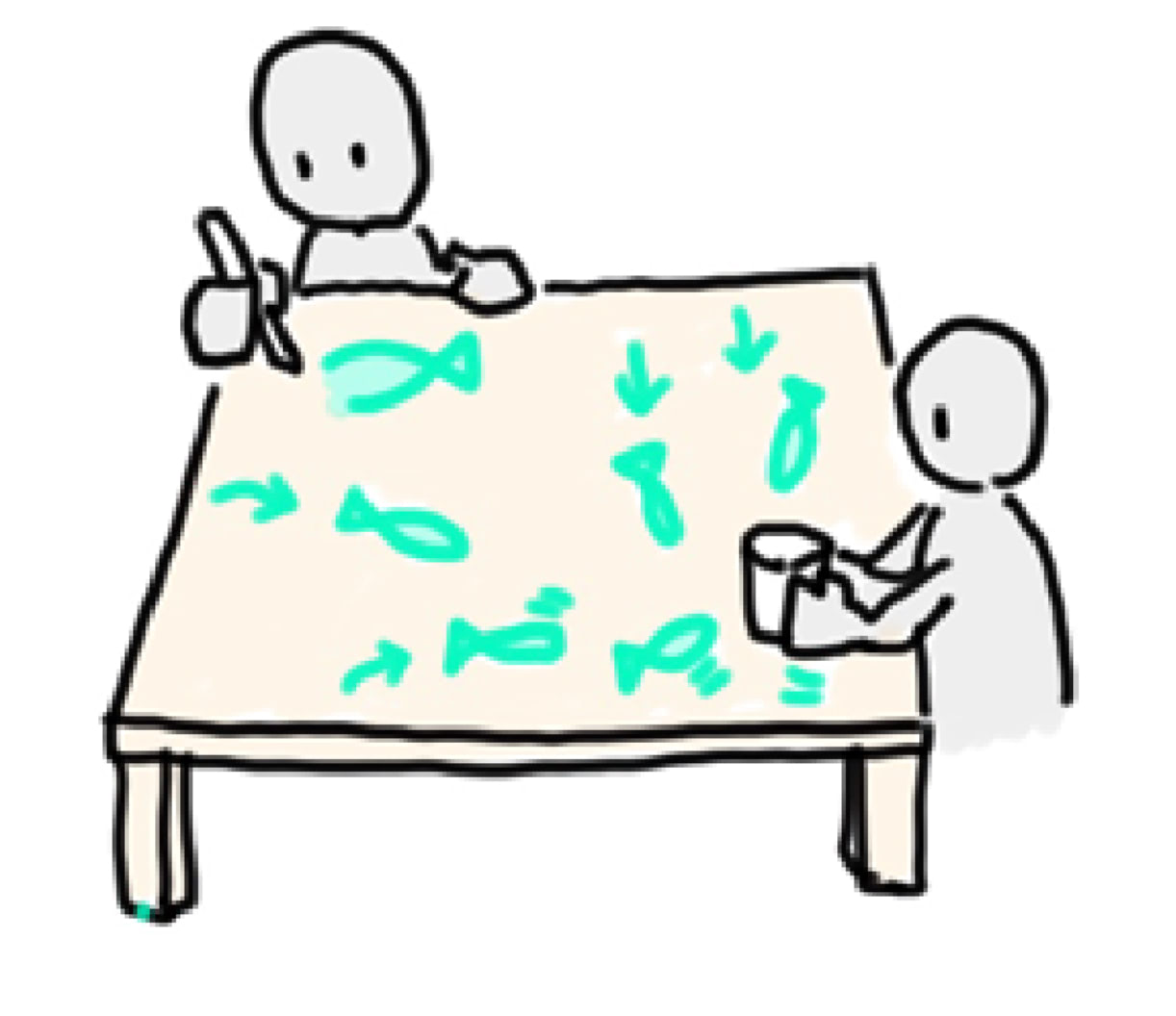
Generative AR
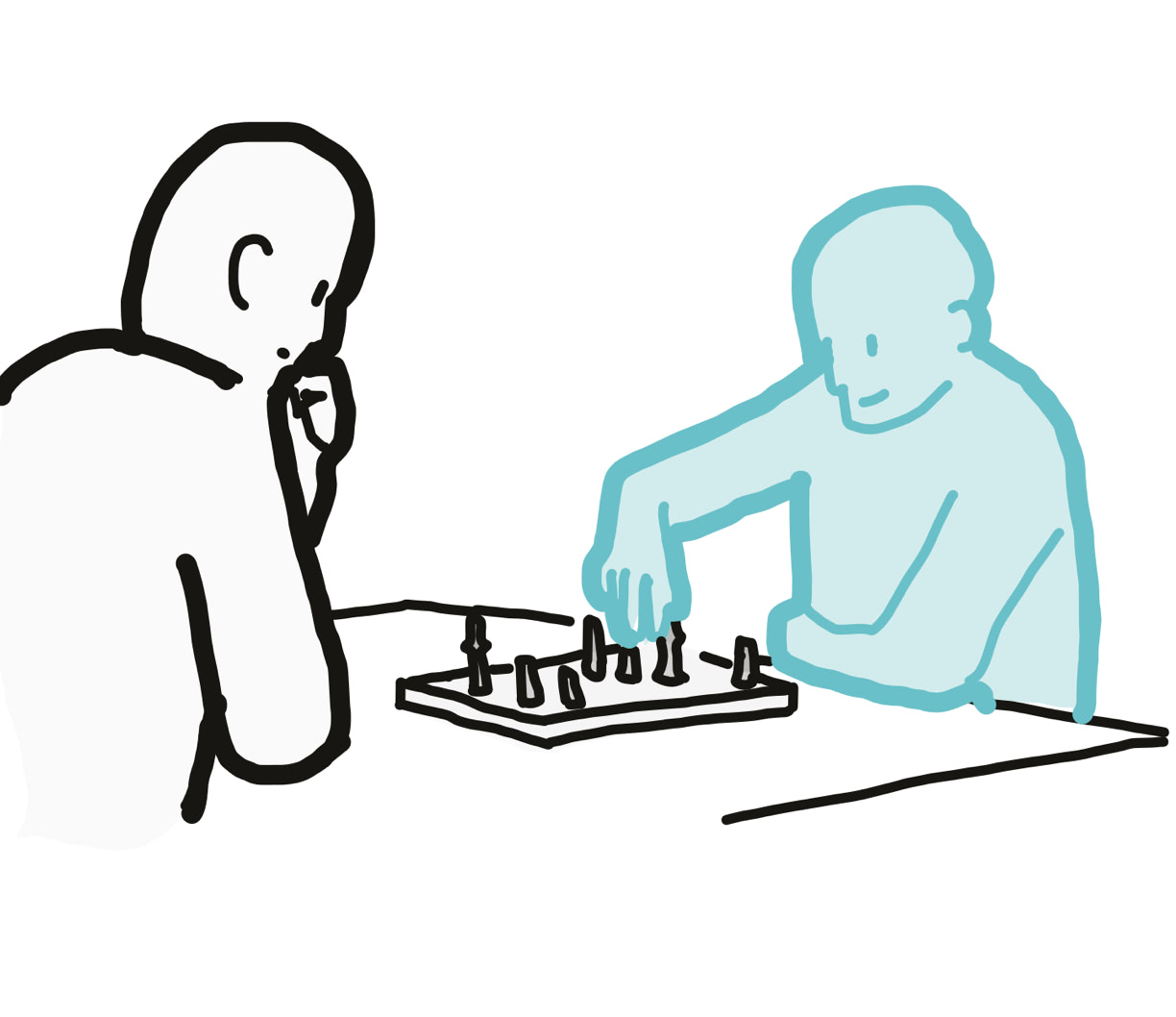
Responsive Physical World
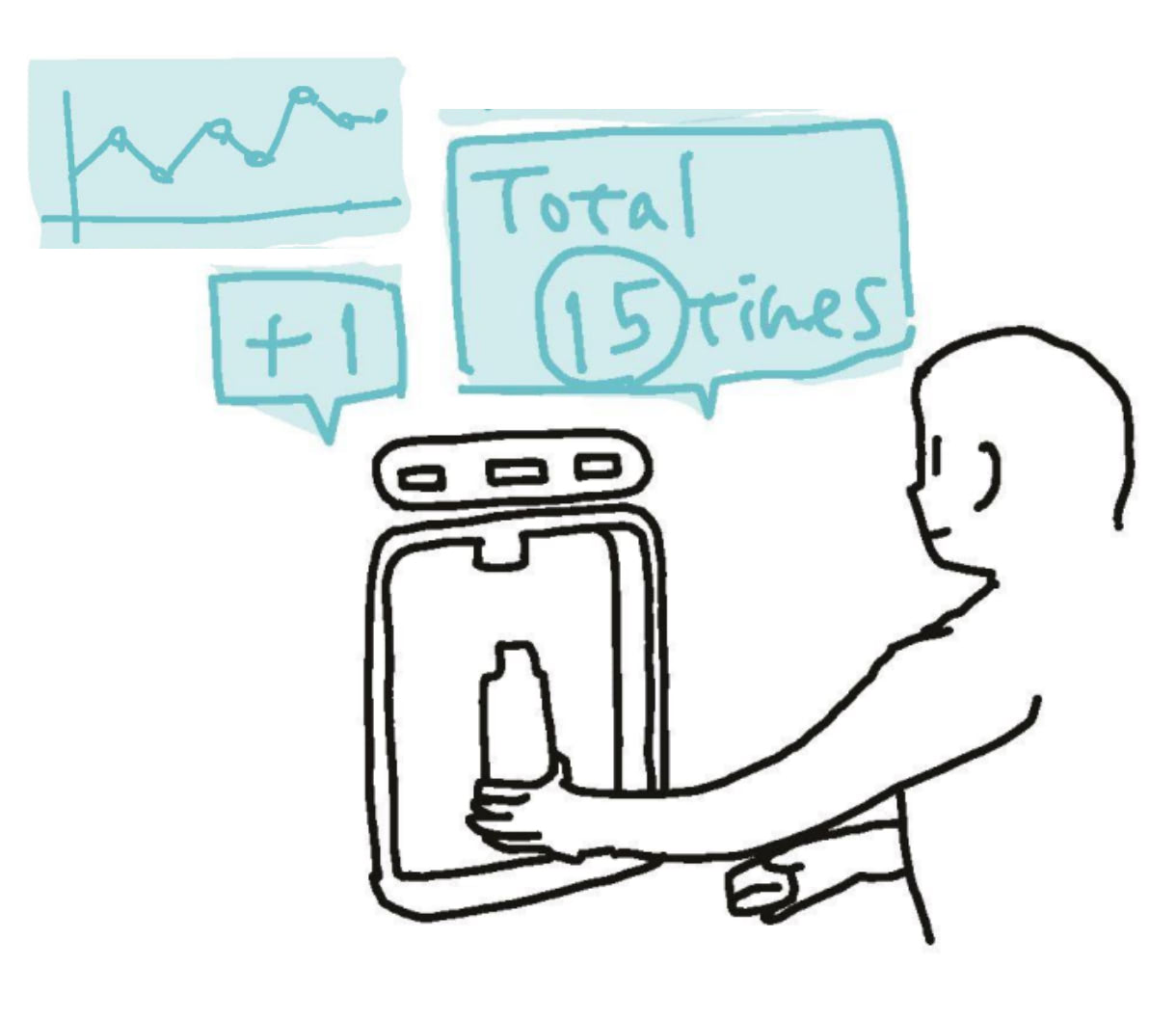
Adaptive Reality
― Dynamic Media for ―
Projects
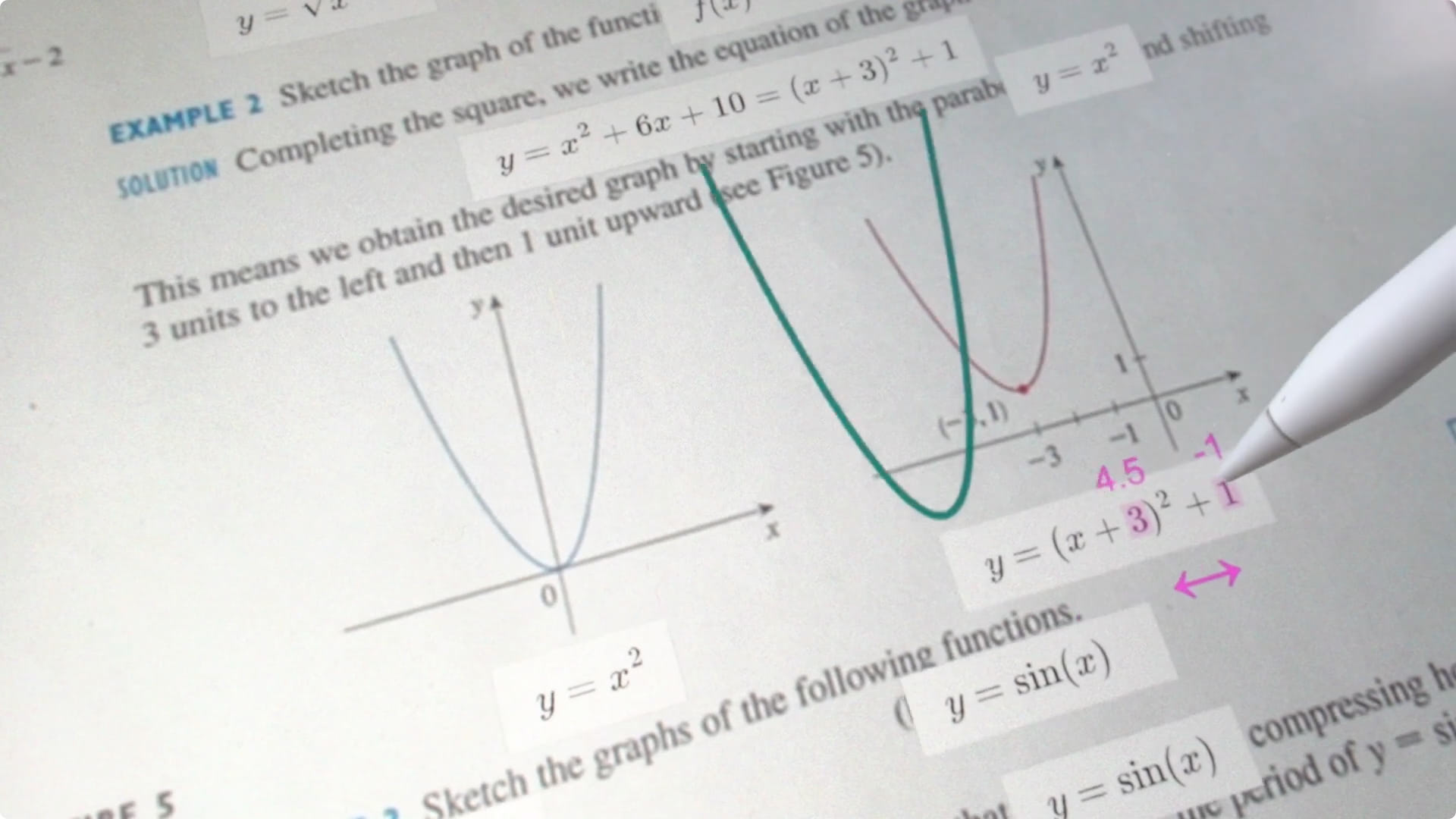
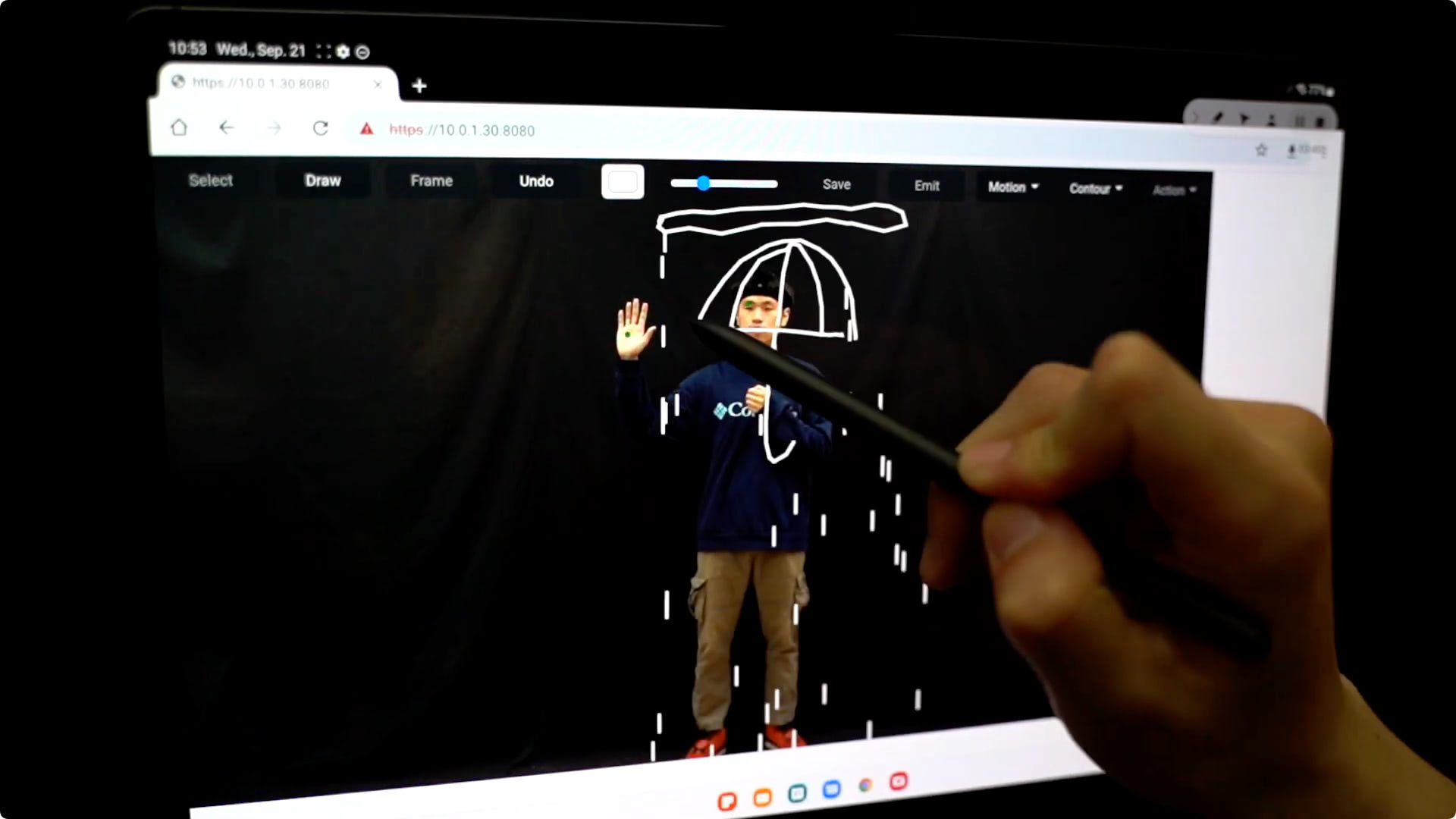
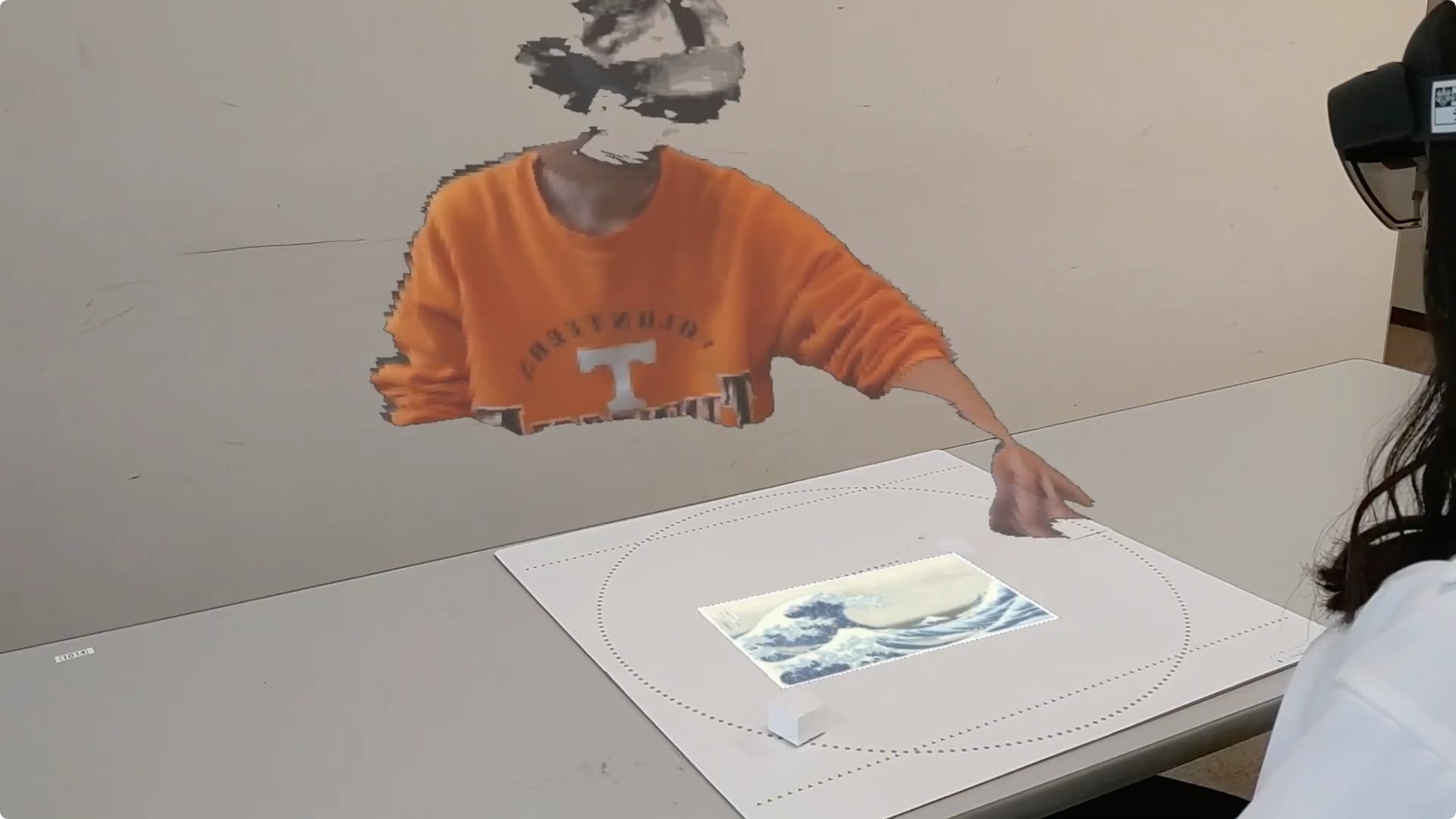
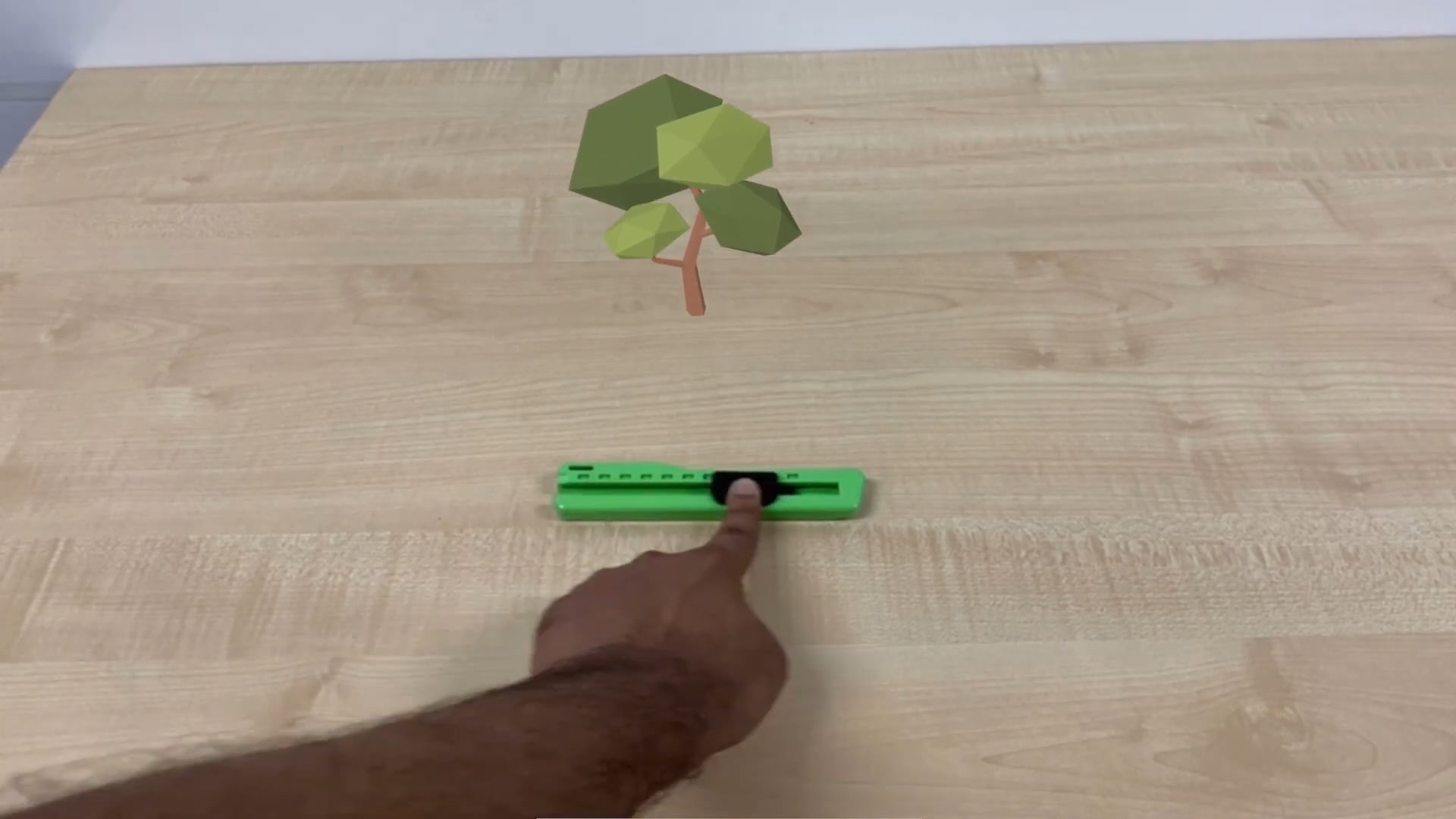
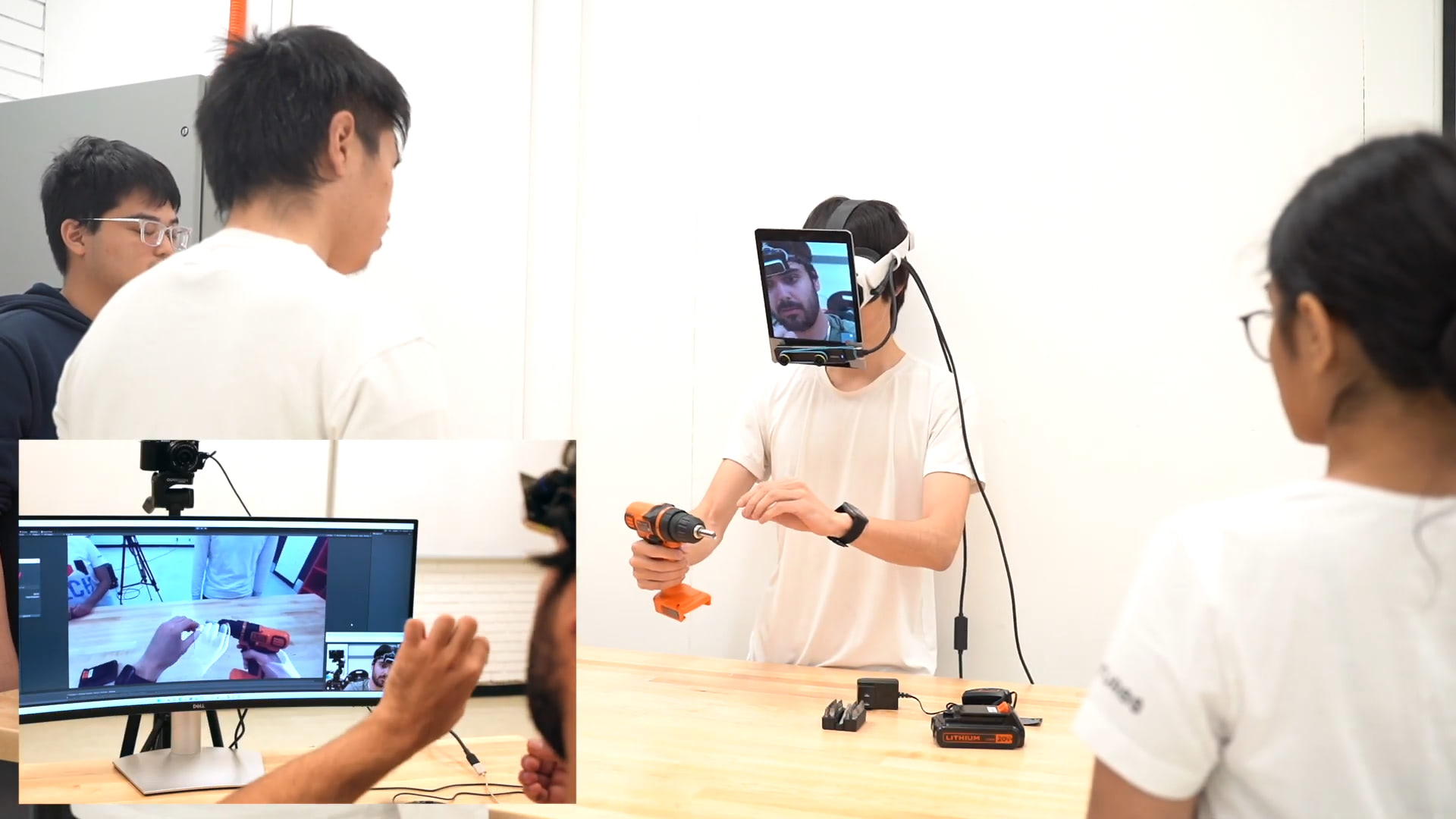
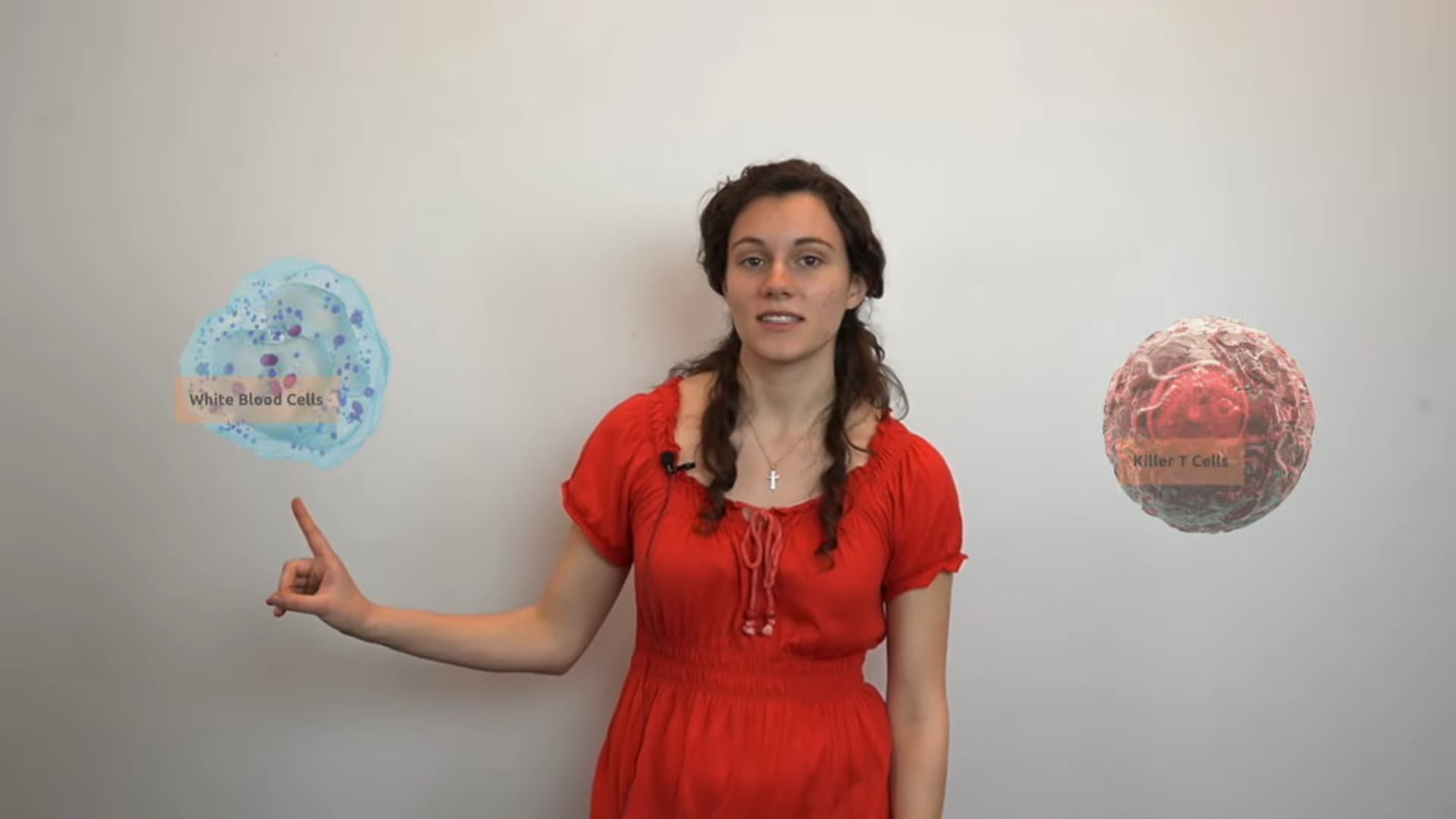
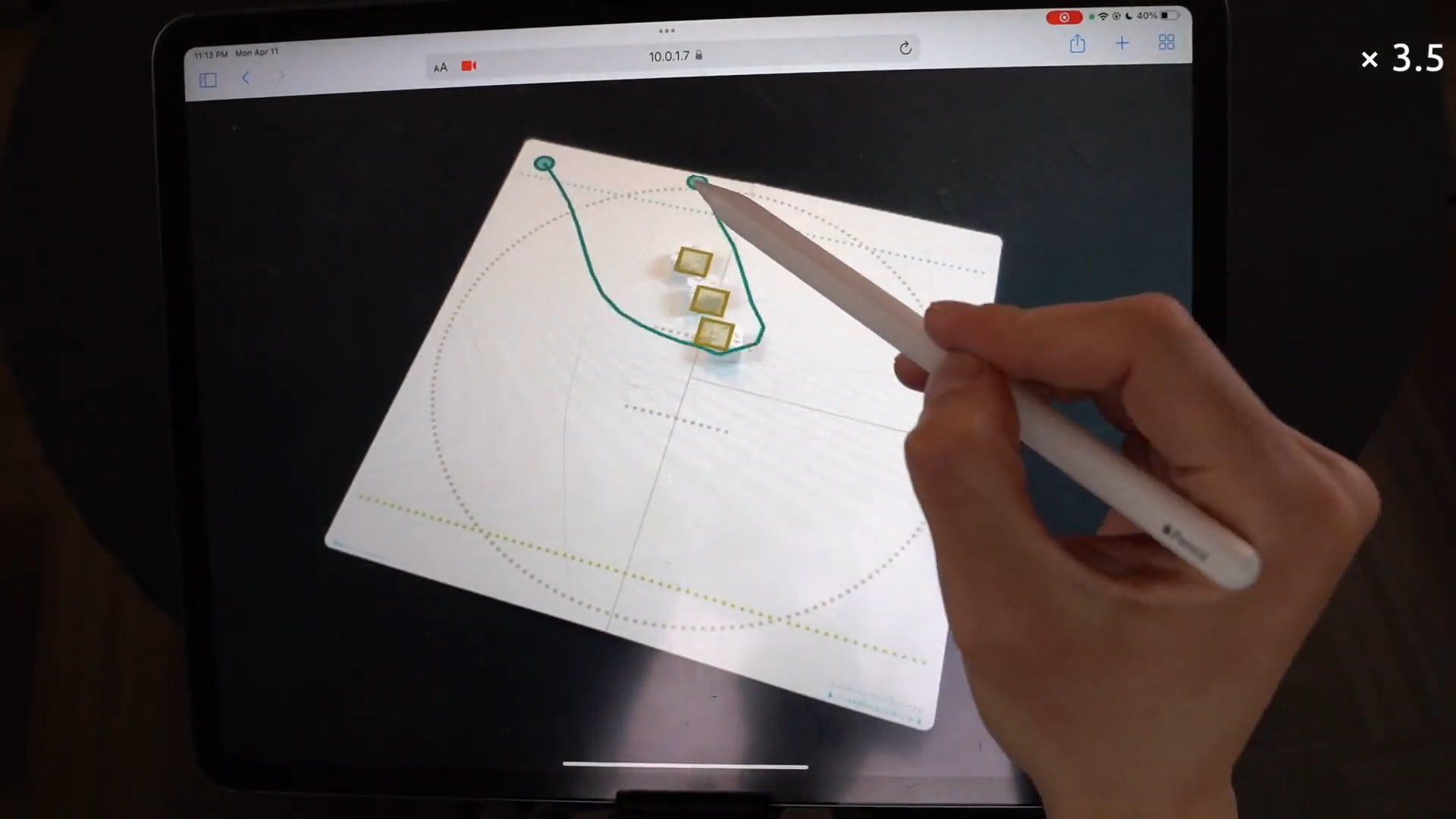
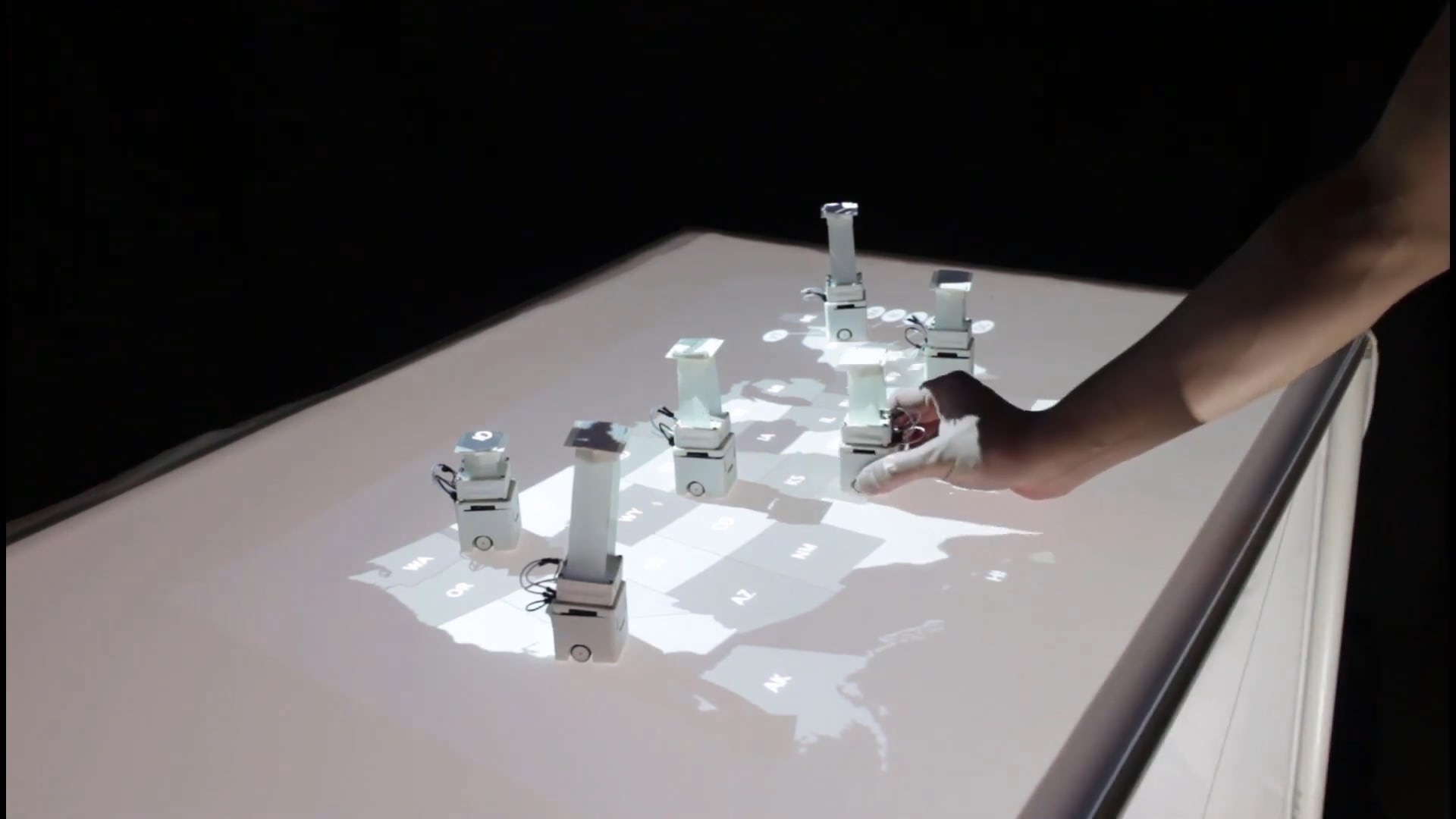
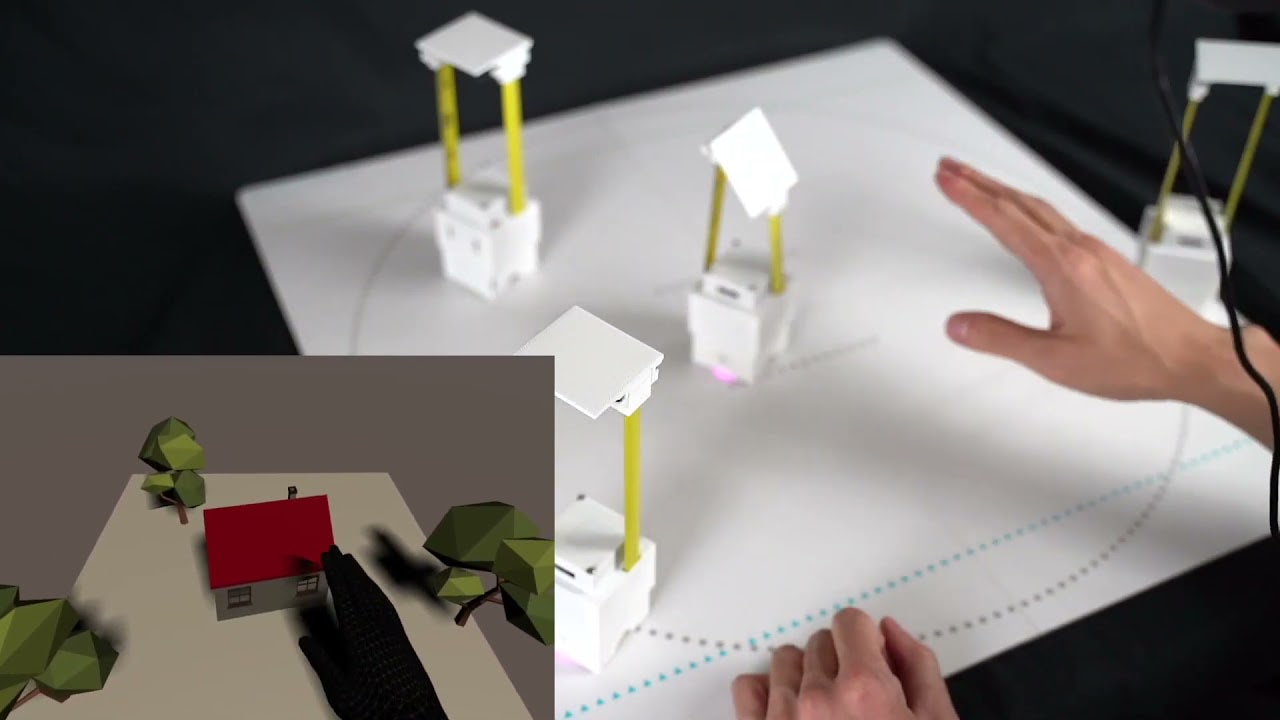
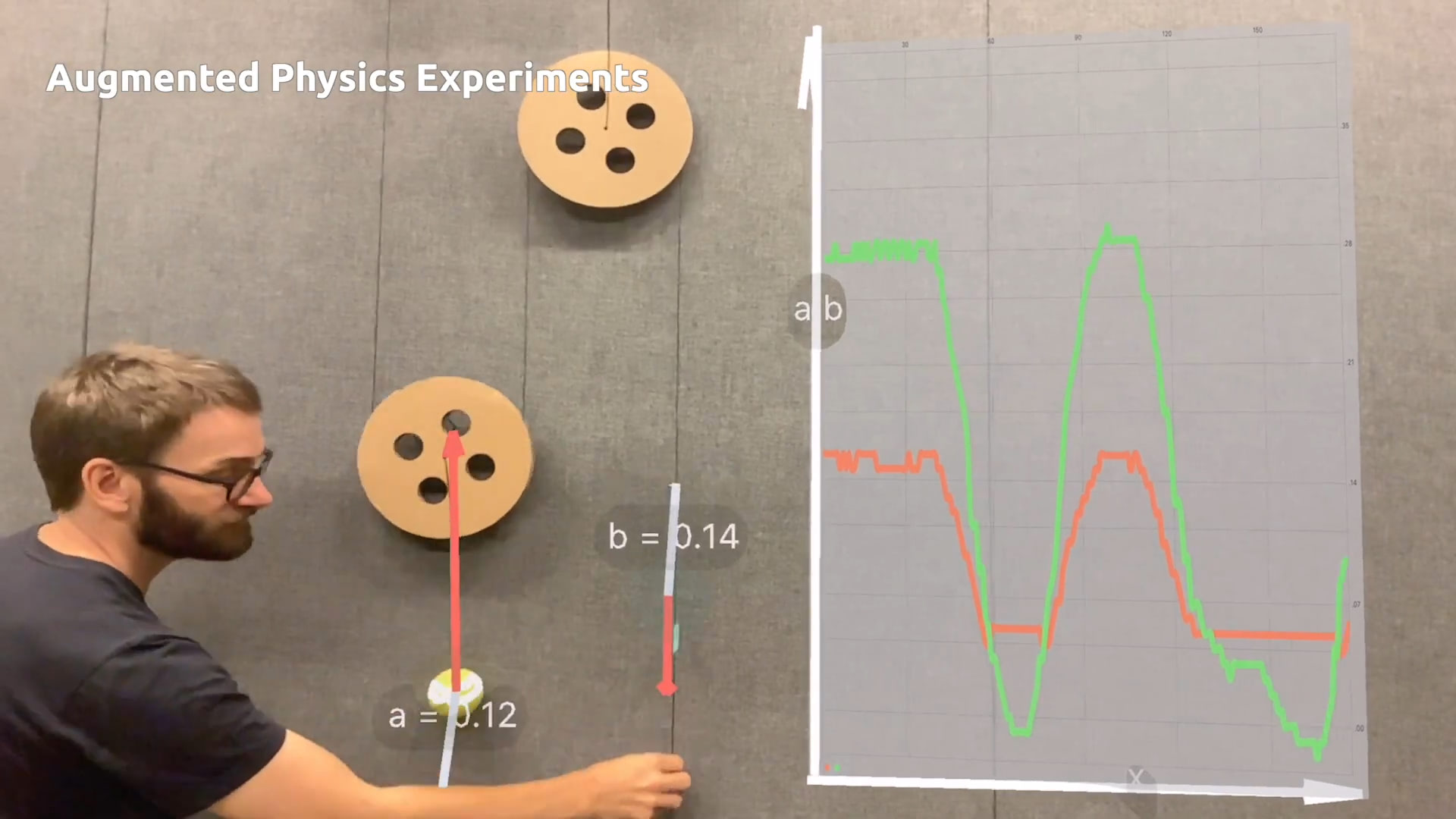
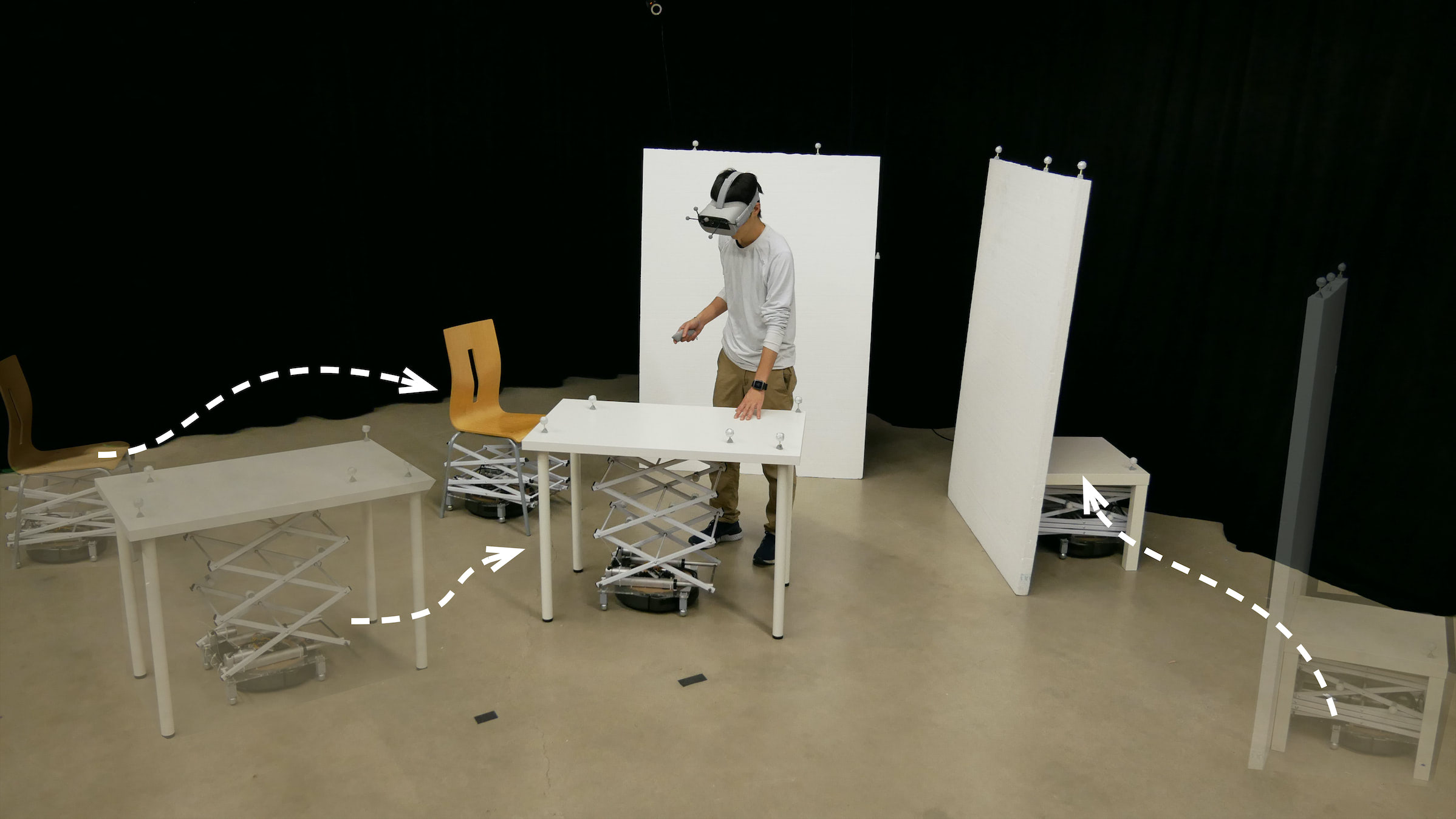
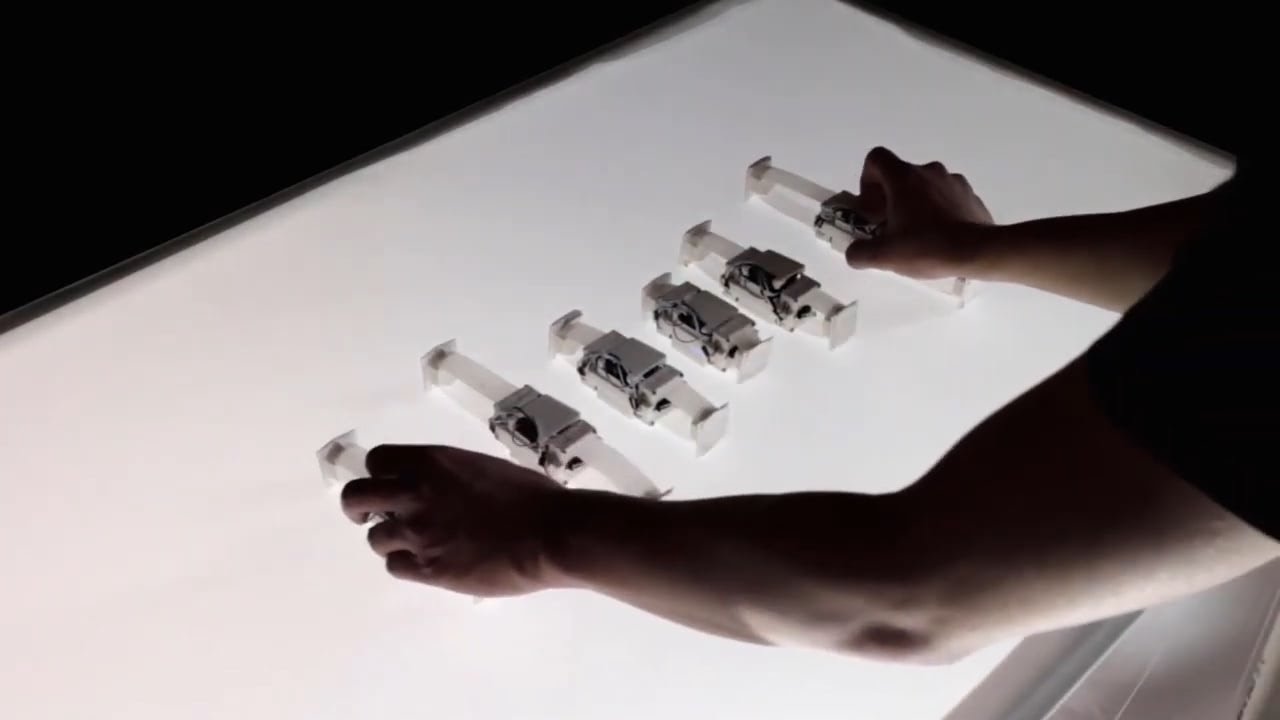
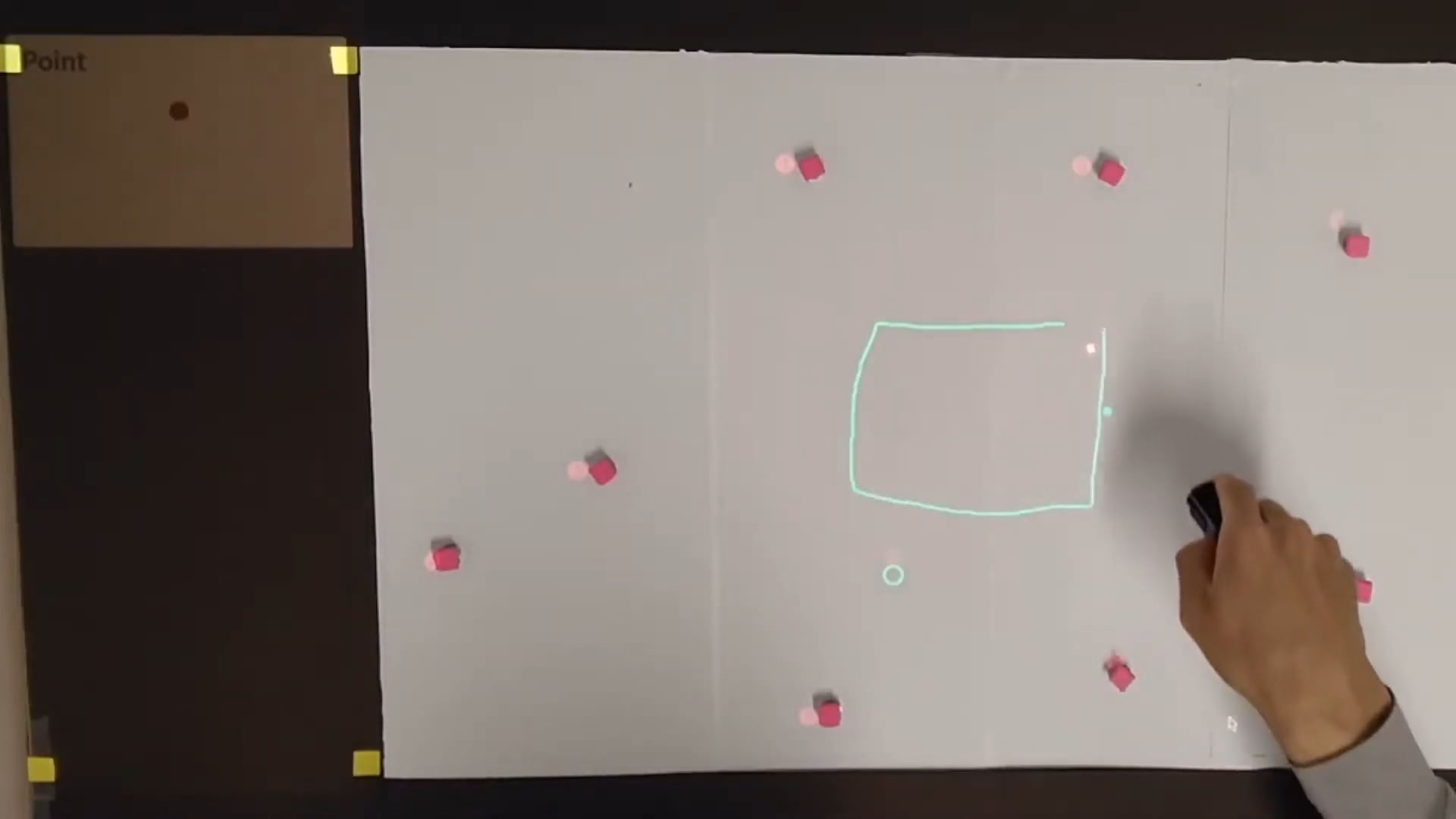
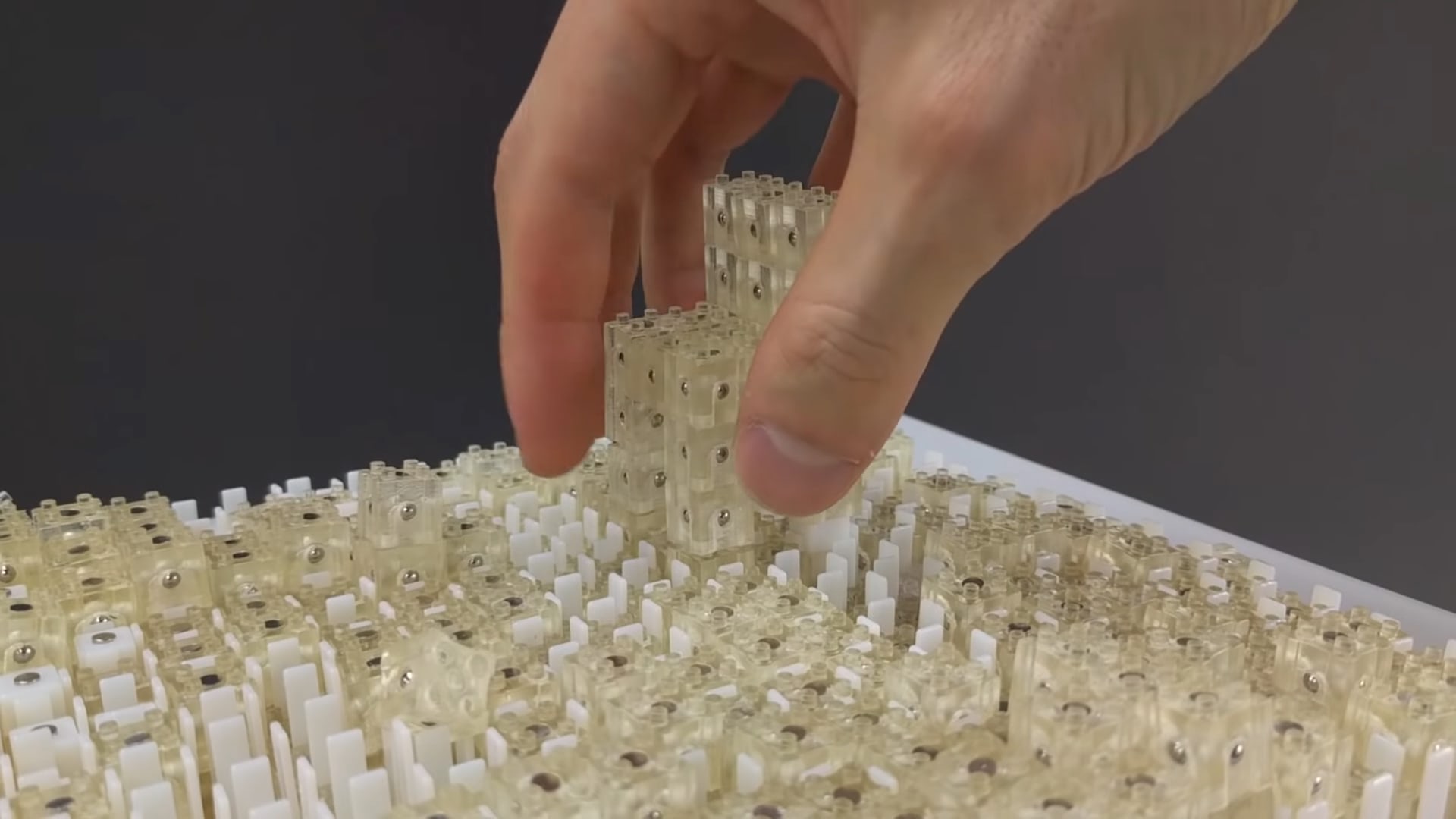
Students
Current Students
Alumni
Full Papers
Augmented PhysicsUIST 2024
Creating Interactive and Embedded Physics Simulations from Static Textbook Diagrams
Aditya Gunturu, Yi Wen, Nandi Zhang, Jarin Thundathil, Rubaiat Habib Kazi, Ryo Suzuki
SHAPE-ITUIST 2024
Exploring Text-to-Shape-Display for Generative Shape-Changing Behaviors with LLMs
Wanli Qian, Chenfeng Gao, Anup Sathya, Ryo Suzuki, Ken Nakagaki
InflatableBotsCHI 2024
Inflatable Shape-Changing Mobile Robots for Large-Scale Encountered-Type Haptics in VR
Ryota Gomi, Ryo Suzuki, Kazuki Takashima, Kazuyuki Fujita, Yoshifumi Kitamura
CollageVisCHI 2024
Rapid Previsualization Tool for Indie Filmmaking using Video Collages
Hye-Young Jo, Ryo Suzuki, Yoonji Kim
ThermoPixelsCHI 2024
3D Printing Locally Activated Visual-Displays Embedded in 3D Objects via Electrically Conductive and Thermochromic Materials
Kongpyung (Justin) Moon, Zofia Marciniak, Ryo Suzuki, Andrea Bianchi
RoboVisARHRI 2024
Immersive Authoring of Condition-based AR Robot Visualisations
Rasmus Skovhus Lunding, Mille Skovhus Lunding, Tiare Feuchtner, Marianne Graves Petersen, Kaj Gronbaek, Ryo Suzuki
Augmented MathUIST 2023
Authoring AR-Based Explorable Explanations by Augmenting Static Math Textbooks
Neil Chulpongsatorn, Mille Skovhus Lunding, Nishan Soni, Ryo Suzuki
RealityCanvasUIST 2023
Augmented Reality Sketching for Embedded and Responsive Scribble Animation Effects
Zhijie Xia, Kyzyl Monteiro, Kevin Van, Ryo Suzuki
HoloBotsUIST 2023
Augmenting Holographic Telepresence with Mobile Robots for Tangible Remote Collaboration in Mixed Reality
Keiichi Ihara, Mehrad Faridan, Ayumi Ichikawa, Ikkaku Kawaguchi, Ryo Suzuki
PhysicaDIS 2023
Interactive Tangible Physics Simulation based on Tabletop Mobile Robots Towards Explorable Physics Education
Jiatong Li, Ryo Suzuki, Ken Nakagaki
Teachable RealityCHI 2023
Prototyping Tangible Augmented Reality with Everyday Objects by Leveraging Interactive Machine Teaching
Kyzyl Monteiro, Ritik Vatsal, Neil Chulpongsatorn, Aman Parnami, Ryo Suzuki
ChameleonControlCHI 2023
Teleoperating Real Human Surrogates through Mixed Reality Gestural Guidance for Remote Hands-on Classrooms
Mehrad Faridan, Bheesha Kumari, Ryo Suzuki
Sketched RealityUIST 2022
Sketching Bi-Directional Interactions Between Virtual and Physical Worlds with AR and Actuated Tangible UI
Hiroki Kaimoto, Kyzyl Monteiro, Mehrad Faridan, Jiatong Li, Samin Farajian, Yasuaki Kakehi, Ken Nakagaki, Ryo Suzuki
RealityTalkUIST 2022
Real-time Speech-driven Augmented Presentation for AR Live Storytelling
Jian Liao, Adnan Karim, Shivesh Jadon, Rubaiat Habib Kazi, Ryo Suzuki
MixelsUIST 2022
Fabricating Interfaces using Programmable Magnetic Pixels
Martin Nisser, Yashaswini Makaram, Lucian Covarrubias, Amadou Yaye Bah, Faraz Faruqi, Ryo Suzuki, Stefanie Mueller
Selective Self-AssemblyIROS 2022
Selective Self-Assembly using Re-Programmable Magnetic Pixels
Martin Nisser, Yashaswini Makaram, Faraz Faruqi, Ryo Suzuki, Stefanie Mueller
Augmented Reality and RoboticsCHI 2022
A Survey and Taxonomy for AR-enhanced Human-Robot Interaction and Robotic Interfaces
Ryo Suzuki, Adnan Karim, Tian Xia, Hooman Hedayati, Nicolai Marquardt
HRI for Expandable RobotsFrontiers 2022
Designing Expandable-Structure Robots for Human-Robot Interaction
Hooman Hedayati, Ryo Suzuki, Wyatt Rees, Daniel Leithinger, Daniel Szafir
ElectroVoxelICRA 2022
Electromagnetically Actuated Pivoting for Scalable Modular Self-Reconfigurable Robots
Martin Nisser, Leon Cheng, Yashaswini Makaram, Ryo Suzuki, Stefanie Mueller
HapticBotsUIST 2021
Distributed Encountered-type Haptics for VR with Multiple Shape-changing Mobile Robots
Ryo Suzuki, Eyal Ofek, Mike Sinclair, Daniel Leithinger, Mar Gonzalez-Franco
RealitySketchUIST 2020Honorable Mention Award
Embedding Responsive Graphics and Visualizations in AR through Dynamic Sketching
Ryo Suzuki, Rubaiat Habib Kazi, Li-Yi Wei, Stephen DiVerdi, Wilmot Li, Daniel Leithinger
PufferBotIROS 2020
Actuated Expandable Structures for Aerial Robots
Hooman Hedayati, Ryo Suzuki, Daniel Leithinger, Daniel Szafir
RoomShiftCHI 2020
Room-scale Dynamic Haptics for VR with Furniture-moving Swarm Robots
Ryo Suzuki, Hooman Hedayati, Clement Zheng, James Bohn, Daniel Szafir, Ellen Yi-Luen Do, Mark D Gross, Daniel Leithinger
LiftTilesTEI 2020
Constructive Building Blocks for Prototyping Room-scale Shape-changing Interfaces
Ryo Suzuki, Ryosuke Nakayama, Dan Liu, Yasuaki Kakehi, Mark D. Gross, Daniel Leithinger
ShapeBotsUIST 2019
Shape-changing Swarm Robots
Ryo Suzuki, Clement Zheng, Yasuaki Kakehi, Tom Yeh, Ellen Yi-Luen Do, Mark D. Gross, Daniel Leithinger
MorphIODIS 2019Best Paper Award
Entirely Soft Sensing and Actuation Modules for Programming Shape Changes through Tangible Interaction
Ryosuke Nakayama*, Ryo Suzuki*, Satoshi Nakamaru, Ryuma Niiyama, Yoshihiro Kawahara, Yasuaki Kakehi (the first two authors equally contributed)
DynablockUIST 2018
Dynamic 3D Printing for Instant and Reconstructable Shape Formation
Ryo Suzuki, Junichi Yamaoka, Daniel Leithinger, Tom Yeh, Mark D. Gross, Yoshihiro Kawahara, Yasuaki Kakehi
TabbyPacific Graphics 2018
Explorable Design for 3D Printing Textures
Ryo Suzuki, Koji Yatani, Mark D. Gross, Tom Yeh
ReactileCHI 2018
Programming Swarm User Interfaces through Direct Physical Manipulation
Ryo Suzuki, Jun Kato, Mark D. Gross, Tom Yeh
PEPCHI 2018
3D Printed Electronic Papercrafts - An Integrated Approach for 3D Sculpting Paper-based Electronic Devices
Hyunjoo Oh, Tung D. Ta, Ryo Suzuki, Mark D. Gross, Yoshihiro Kawahara, Lining Yao
FluxMarkerASSETS 2017
Enhancing Tactile Graphics with Dynamic Tactile Markers for Blind People
Ryo Suzuki, Abigale Stangl, Mark D. Gross, Tom Yeh
TraceDiffVL/HCC 2017
Debugging Unexpected Code Behavior Using Trace Divergences
Ryo Suzuki, Gustavo Soares, Andrew Head, Elena Glassman, Ruan Reis, Melina Mongiovi, Loris D’Antoni, Bjöern Hartmann
Mixed-Initiative Code FeedbackL@S 2017
Writing Reusable Code Feedback at Scale with Mixed-Initiative Program Synthesis
Andrew Head, Elena Glassman, Gustavo Soares, Ryo Suzuki, Lucas Figueredo, Loris D’Antoni, Björn Hartmann (the first three authors equally contributed)
RefazerICSE 2017
Learning Syntactic Program Transformations from Examples
Reudismam Rolim, Gustavo Soares, Loris D'Antoni, Oleksandr Polozov, Sumit Gulwani, Rohit Gheyi, Ryo Suzuki, Björn Hartmann
AtelierCHI 2016
Repurposing Expert Crowdsourcing Tasks as Micro-internships
Ryo Suzuki, Niloufar Salehi, Michelle S. Lam, Juan C. Marroquin, Michael S. Bernstein
PhD Dissertation
Collective Shape-changing Interfaces
Dynamic Shape Construction and Transformation with Collective Elements
Ryo Suzuki
PhD Dissertation (University of Colorado Boulder)
Selected Posters and Demos
HoloTouchCHI '23 LBW
Neil Chulpongsatorn, Wesley Willett, Ryo Suzuki.
[PDF][DOI]
VR Haptics at HomeCHI '23 LBW
Cathy Mengying Fang, Ryo Suzuki, Daniel Leithinger.
[PDF][DOI]
UltraBotsUIST '22 SIC
Mehrad Faridan, Marcus Friedel, Ryo Suzuki.
[PDF][DOI][Video]
HapticLeverUIST '22 Poster
Marcus Friedel, Ehud Sharlin, Ryo Suzuki.
[PDF][DOI]
RealitySketchSIGGRAPH Asia '21 RTL
Ryo Suzuki, Rubaiat Habib, Li-Yi Wei, Stephen Diverdi, Wilmot Li, Daniel Leithinger.
[PDF][DOI]
Swarm FabricationUIST '21 SIC
Samin Farajian, Hiroki Kaimoto, Ryo Suzuki.
[PDF][Video]
Programmable PolaritiesUIST '21 Demo
Martin Nisser, Leon Cheng, Yashaswini Makaram, Ryo Suzuki, Stefanie Mueller.
[PDF][DOI][Video]
Collective Shape-Changing UIUIST '19 DC
LiftTilesUIST '19 Poster
Ryo Suzuki, Ryosuke Nakayama, Dan Liu, Yasuaki Kakehi, Mark D. Gross, and Daniel Leithinger,.
[PDF][Poster][DOI][Video]
Synthesized HintsCHI '17 LBW
Ryo Suzuki, Gustavo Soares, Elena Glassman, Andrew Head, Loris D'Antoni, and Bjoern Hartmann,.
[PDF][Poster][DOI]
DaemoUIST '15 Poster
CumikiICSE '15 Poster
Professional Activities
Program Committee: CHI 2022-2025, UIST 2022-2024, ISMAR 2021-2023, VRST 2021-2022, TEI 2021-2023, DIS 2024, GI 2020
Journal Editorial Board: ACM Transactions of Human-Robot Interaction, Frontiers in Virtual Reality Haptics
Organizer: UIST 2022 (Student Innovation Contest Chair), UIST 2021 (Student Innovation Contest Chair), CHI 2021 (Social Media Chair), CHI 2021 (Student Research Competition Jury), UIST 2016 (Web and Social Media Chair),
Review: CHI 2016--2022, UIST 2017--2022, IMSUT 2020--2021, ISS 2021, ISMAR 2020--2022, VRST 2020--2022, CSCW 2021, TOCHI 2020--2021, PACM 2021, DIS 2021, C&C 2021, IEEE VR 2020, VL/HCC 2020, SCF 2019, SIGGRAPH ETech 2019--2021, GI 2020
Student Volunteer: UIST 2016, CHI 2017
Current Affiliation
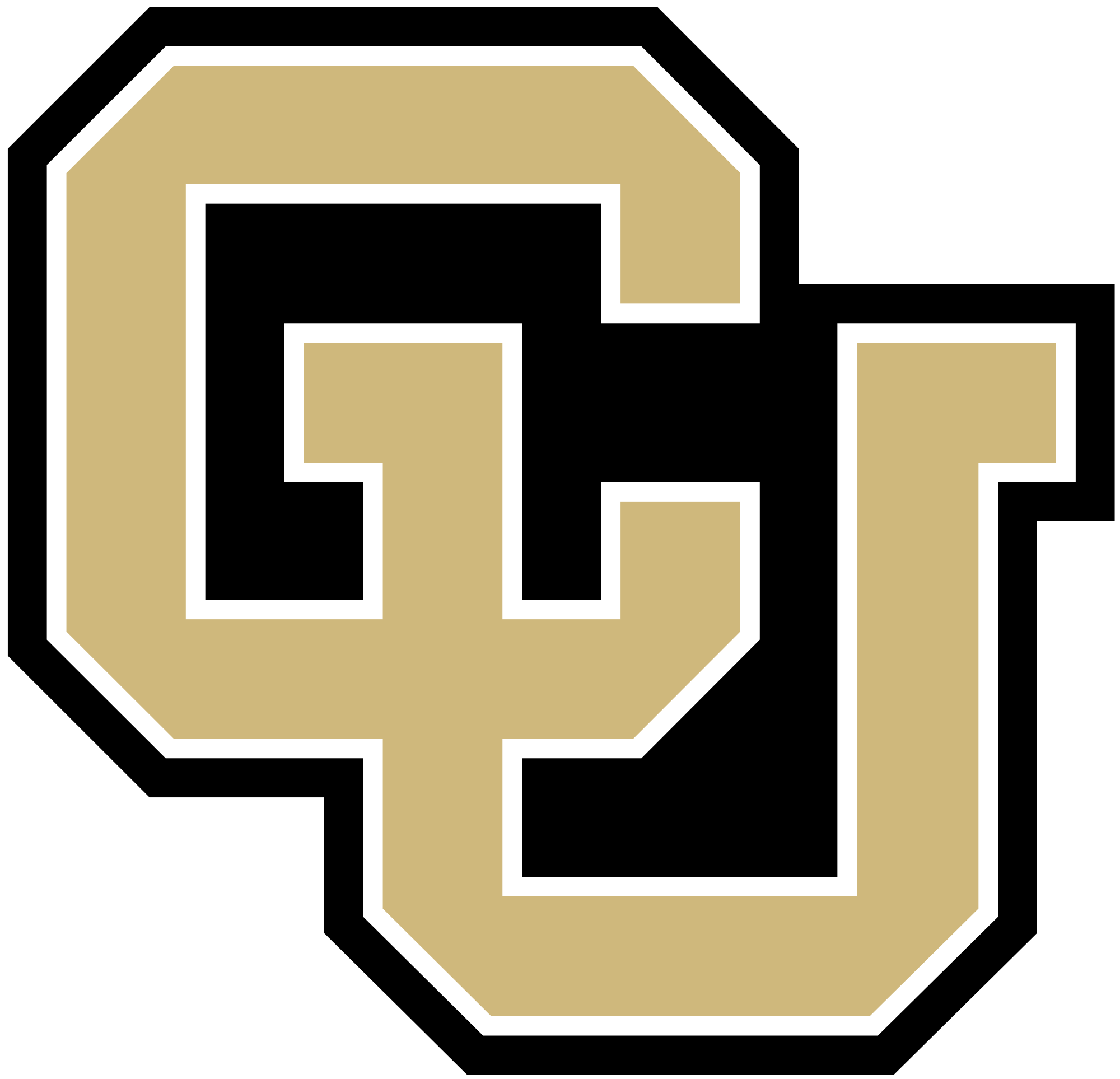
Assistant Professor
Previous Affiliation
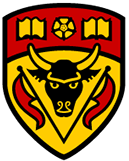
Assistant Professor

Research Assistant

Research Intern

Research Intern

Visiting Researcher
Recent Updates
Three UIST 2023 full-papers are accepted (25%)
UIST 2023 PC Meeting Subcommittee Chair
One DIS 2023 full-paper is accepted
Visit Rome, Barcelona, and London for Guest Talk
Attend CHI 2023 in Hamburg to present two full-papers and two late-breaking work
Two CHI 2023 LBW papers were accepted (34%)
Two CHI 2023 full-papers are accepted (28%)
CHI 2023 PC Meeting (Blending Interaction Subcommittee).
Three papers were submitted to R&R for CHI 2023
Visit ATLAS Institute at CU Boulder
Mehrad Faridan and Marcus Friedel won Honorable Mention Award for UIST 2022 Student Innovation Contest
Attend UIST 2022 in Bend
Attend IROS 2022 in Kyoto
Visit Kyoto University
Visit Tohoku University (Yoshifumi Kitamura Lab).
Traveling to Japan.
Final Day for the Mitacs Globalink Summer Intern Students.
Co-Charing UIST 2022 SIC with Thijs Rouman (Ultrasound Levitation Kit).
Visited Seoul National University (to see Inrak Choi).
Attended SIGCHI Korea Summer Event at the University of Seoul.
Invited Talk at KAIST (hosted by Andrea Bianchi and Juho Kim).
Visit KAIST HCI Group in Korea.
One IROS 2022 full-paper is accepted (48%).
Three UIST 2022 full-paper are accepted (26%).
Visit SFU HC Group in Vancouver.
Invited Talk at Calgary Public Library.
Presented AR and Robotics Taxonomy paper at CHI 2022 in New Orleans.
Invited Talk at Microsoft Research EPIC Group in Redmond (hosted by Ken Hinckley).
Invited Talk at CU Boulder ATLAS (hosted by Ellen Yi-Luen Do and Mark Gross).
One CHI 2022 full-paper is accepted (26%).
One ICRA 2022 full-paper is accepted.
Presented RealitySketch at SIGGRAPH Asia 2021 Real-time Live! in front of thousands of audience.
CHI 2022 PC Meeting (Blending Interaction).
Samin Farajian won UIST 2021 Best Student Innovation Contest Award
Started Programmable Reality Lab.
Our UIST 2021 full-paper is accepted (25%).
Received NSERC Discovery Grant Funding
Our UIST paper won 🏆 Honorable Mention Awarad.
Joining the University of Calgary as an Assisatnat Professor in CS and HCI Group starting in Winter 2021.
PhD Dissertation is submitted and officially graduated! :)
One IROS 2020 full-paper is accepted (47%).
One UIST 2020 full-paper is accepted (21%).
Start intern at Microsoft Research (mentor: Mar Gonzalez Franco).
PhD Defense ... and Passed! :) (committee: D Leithinger, M Gross, T Yeh, H Ishii, T Igarashi)
Traveling for on-site job interviews (UW, UCSB, Boston, Virginia Tech, Calgary)
One CHI 2020 full-paper is accepted (24%).
Traveling to Boston to visit MIT CSAIL and Media Lab
Traveling to New Orleans for UIST 2019
Became a PhD candidate (committee: D Leithinger, M Gross, T Yeh, H Ishii, T Igarashi, E Do)
One TEI 2020 full-paper is accepted (28%).
One UIST 2019 poster and and doctoral consortium paper are accepted.
One UIST 2019 full-paper is accepted (24%).
Won Best Paper Award for DIS 2019 (Top 1%).
Start intern at Adobe Research (mentor: Rubaiat Habib).
One DIS 2019 full-paper is accepted (25%).
Award JST ACT-I funding (mentor Takeo Igarashi).
One UIST 2018 full-paper is accepted (21%).
One Pacific Graphics 2018 short-paper is accepted (26%).
Start intern at The University of Tokyo (mentor: Yasuaki Kakehi).
Two CHI 2018 full-papers are accepted (25%).
One VL/HCC 2017 full-paper are accepted (29%).
One ASSETS 2017 full-paper are accepted (26%).
One CHI 2017 LBW paper is accepted (38%).
One L@S 2017 full paper is accepted (22%).
One ICSE 2017 full-paper is accepted (19%).
Start intern at UC Berkeley (mentor: Bjoern Hartmann).
One CHI 2016 full-paper is accepted (23%).
I will serve as a web and social media chair for UIST 2016
Start intern at Stanford (mentor: Michael Bernstein).
The very first day of starting my HCI research (mentor: Koji Yatani)
Tweets by @ryosuzk


